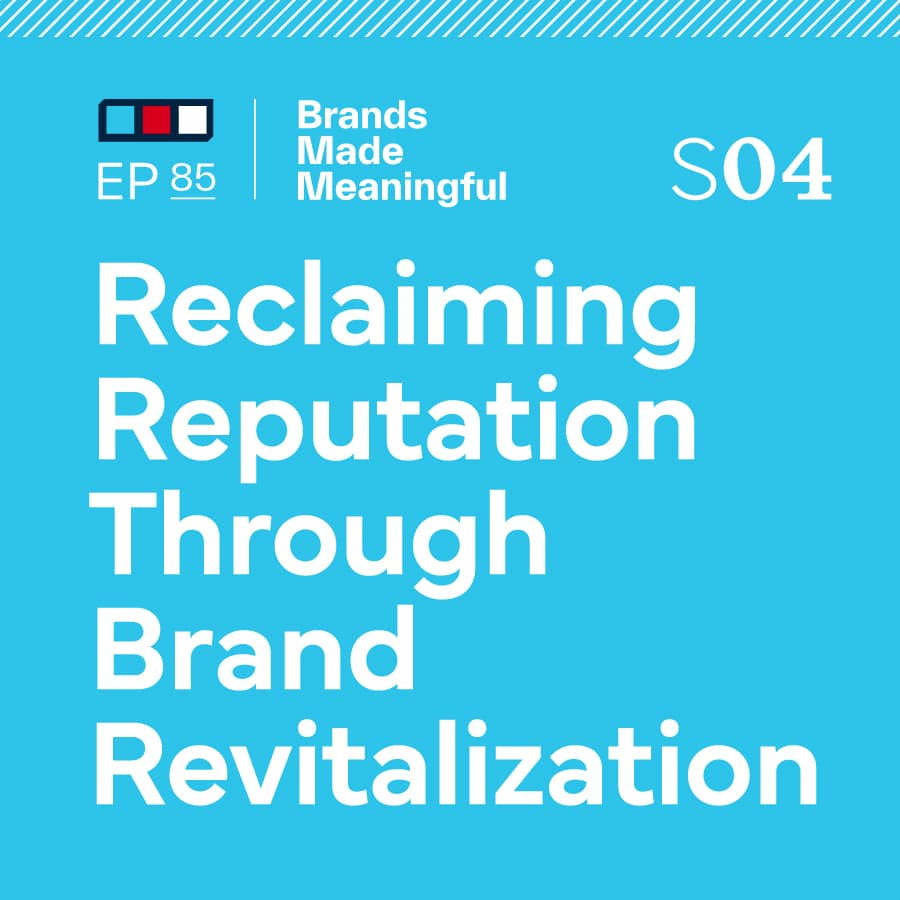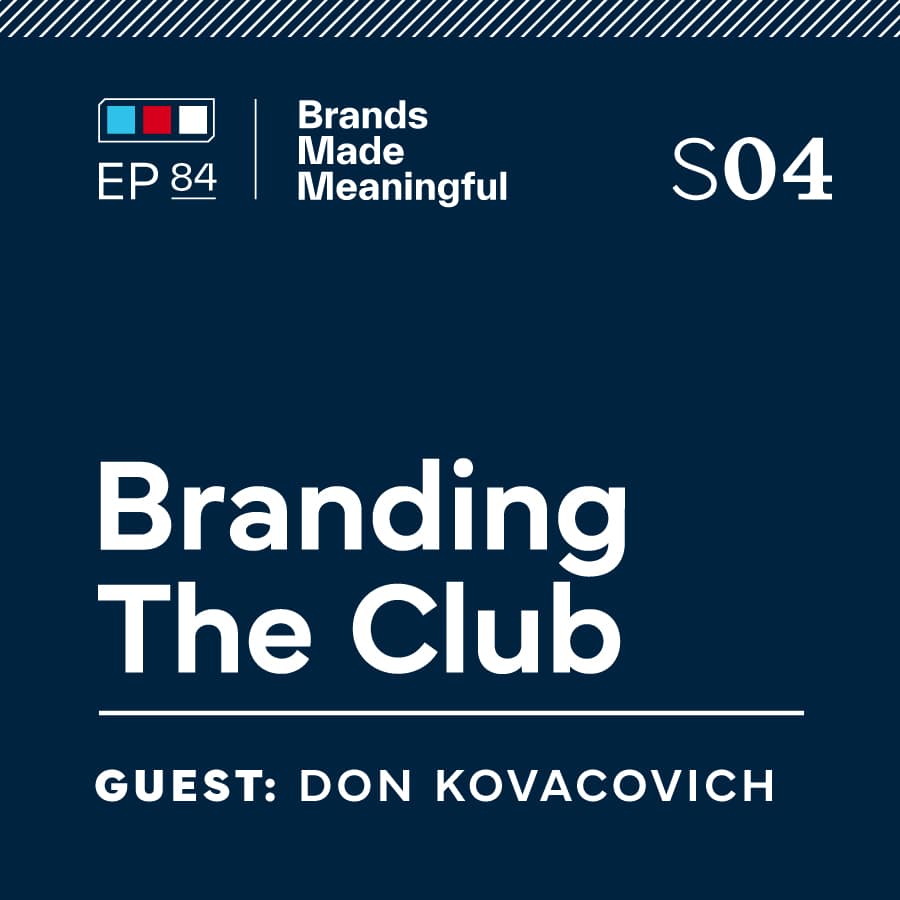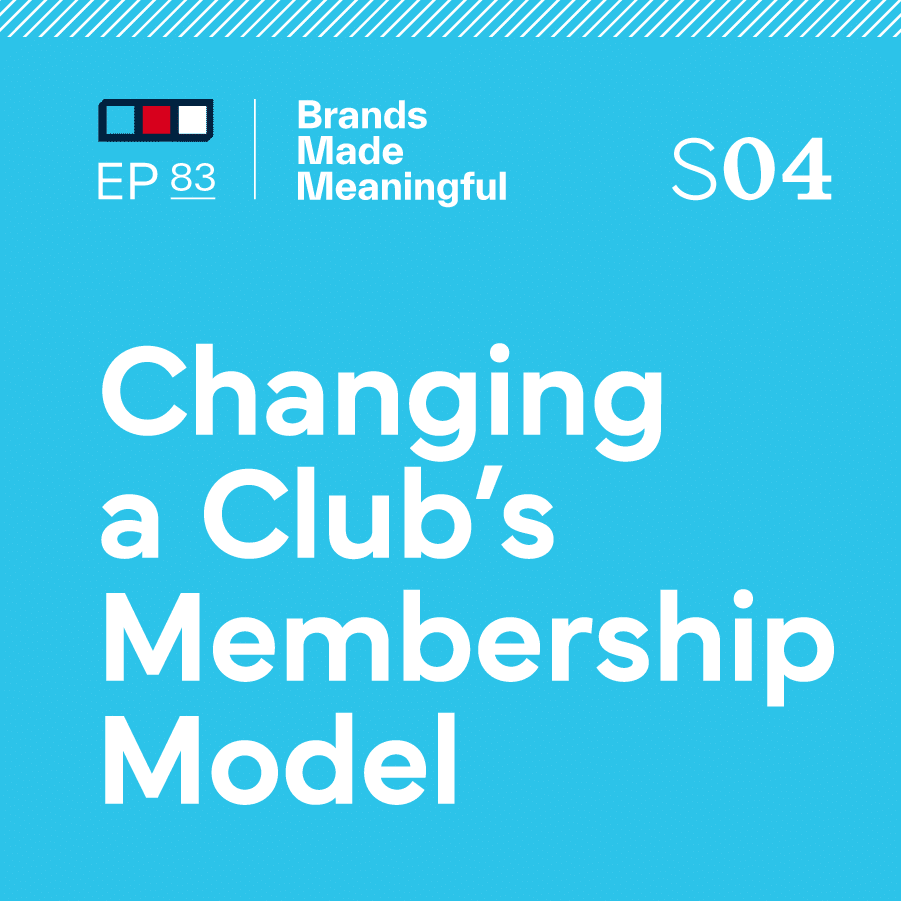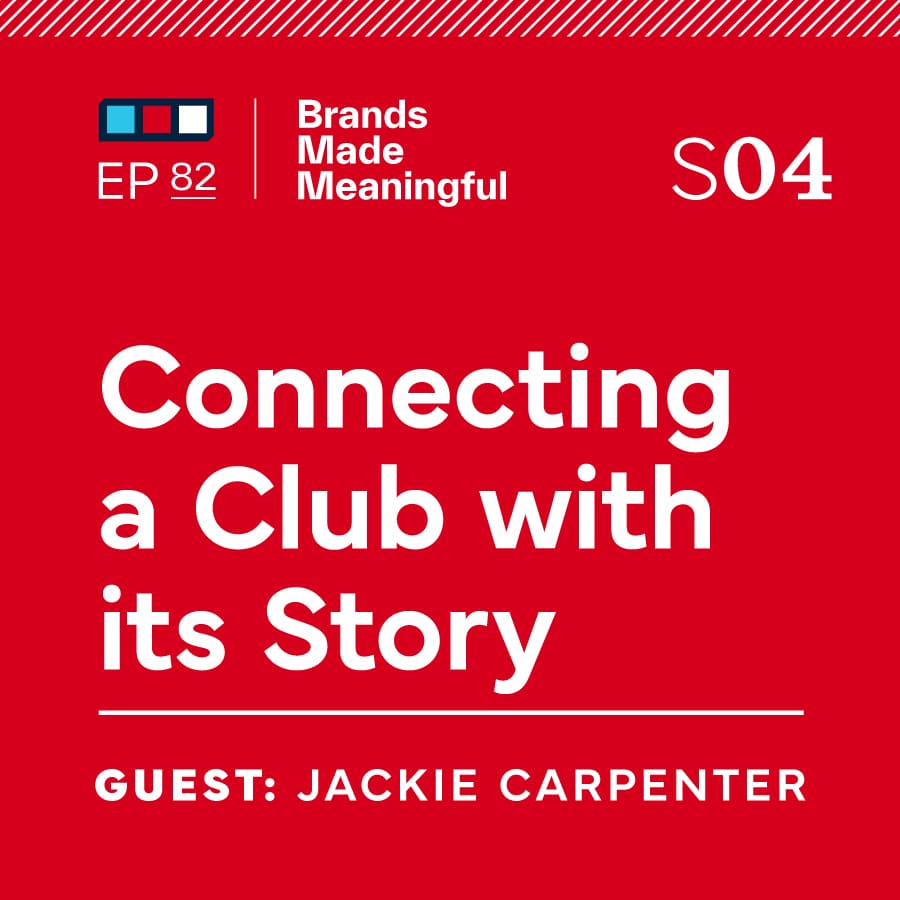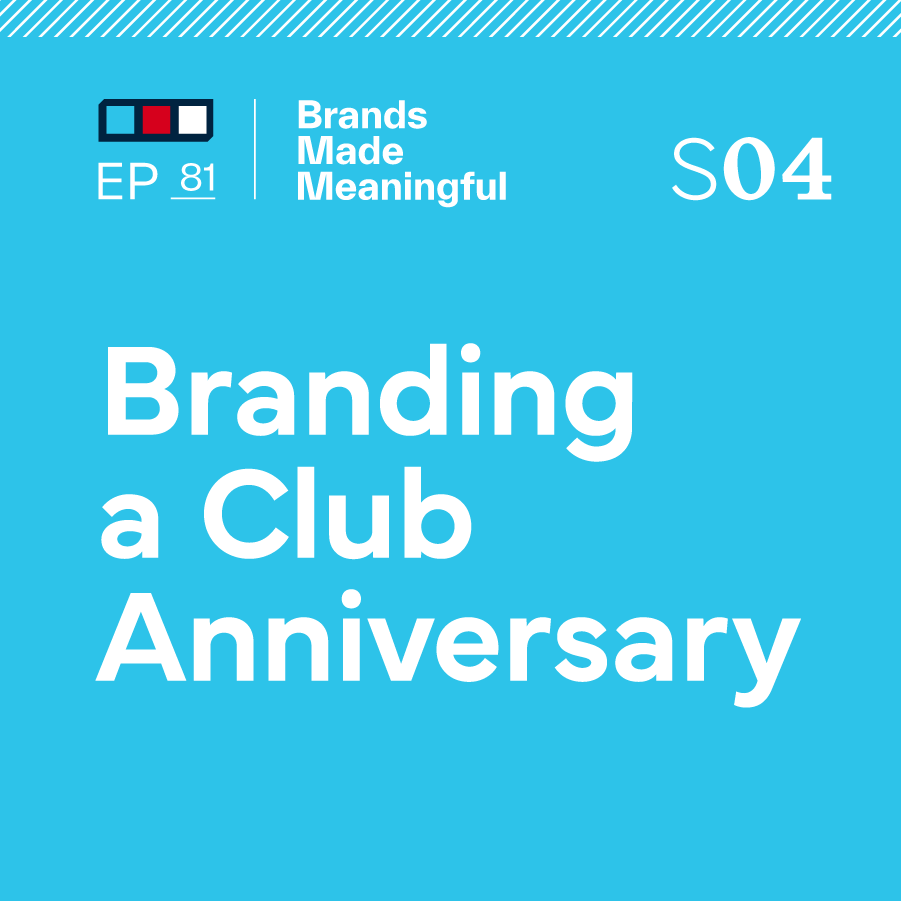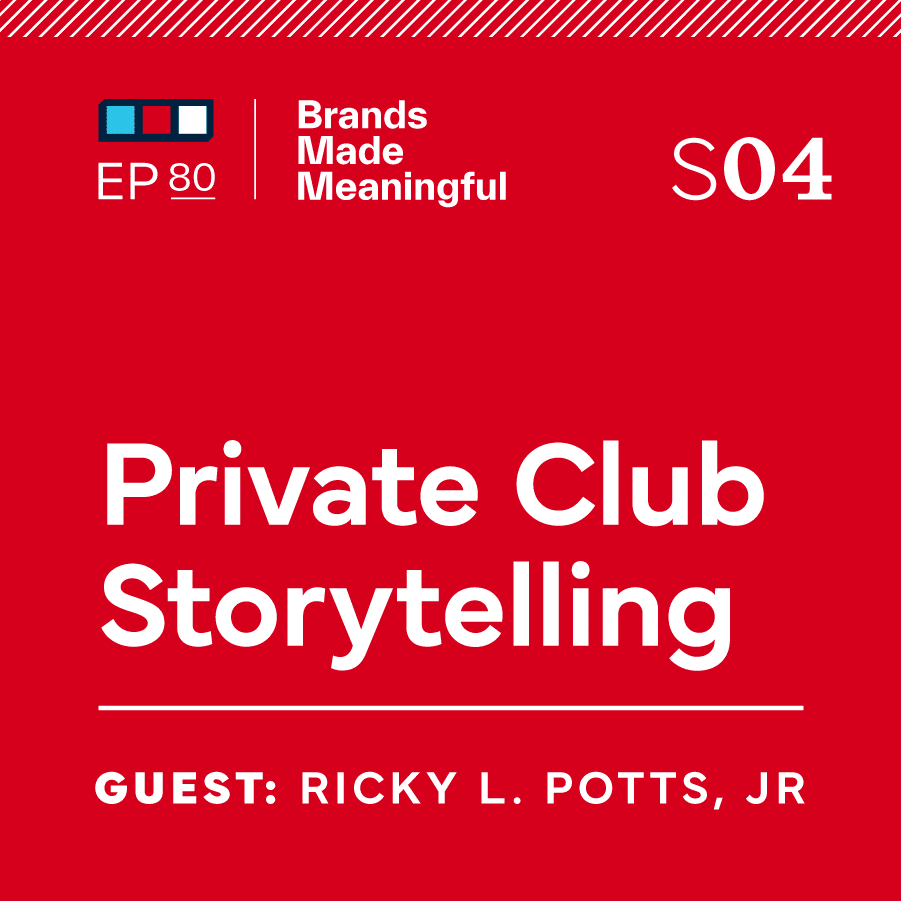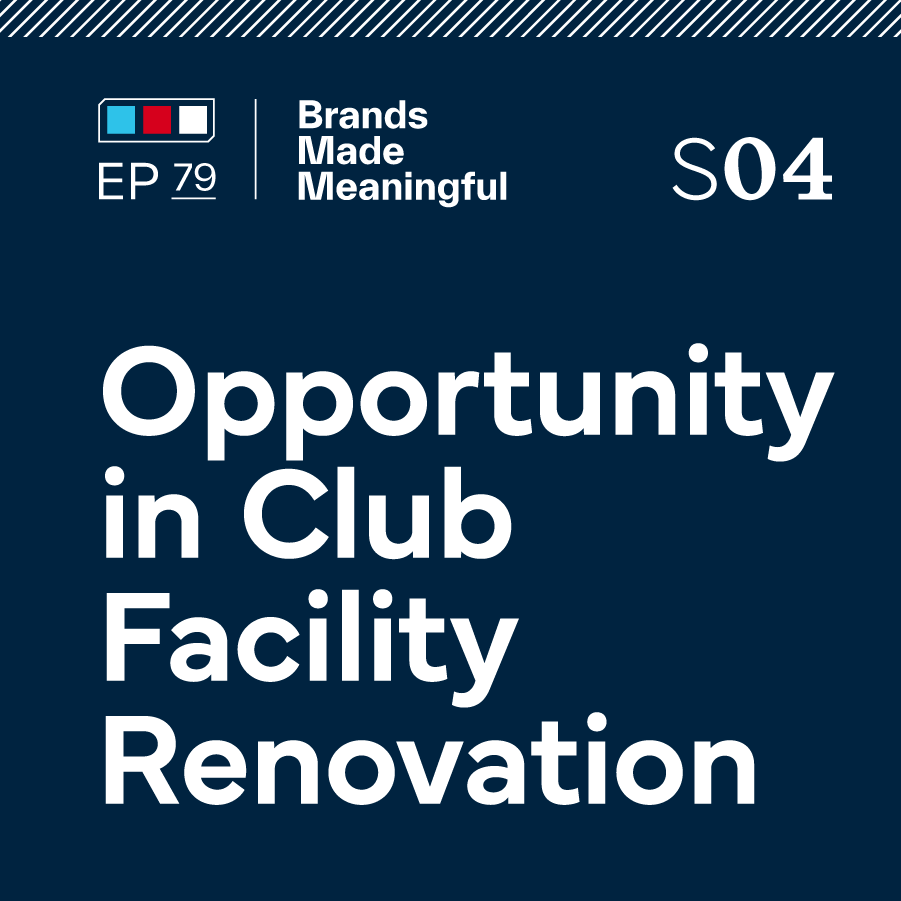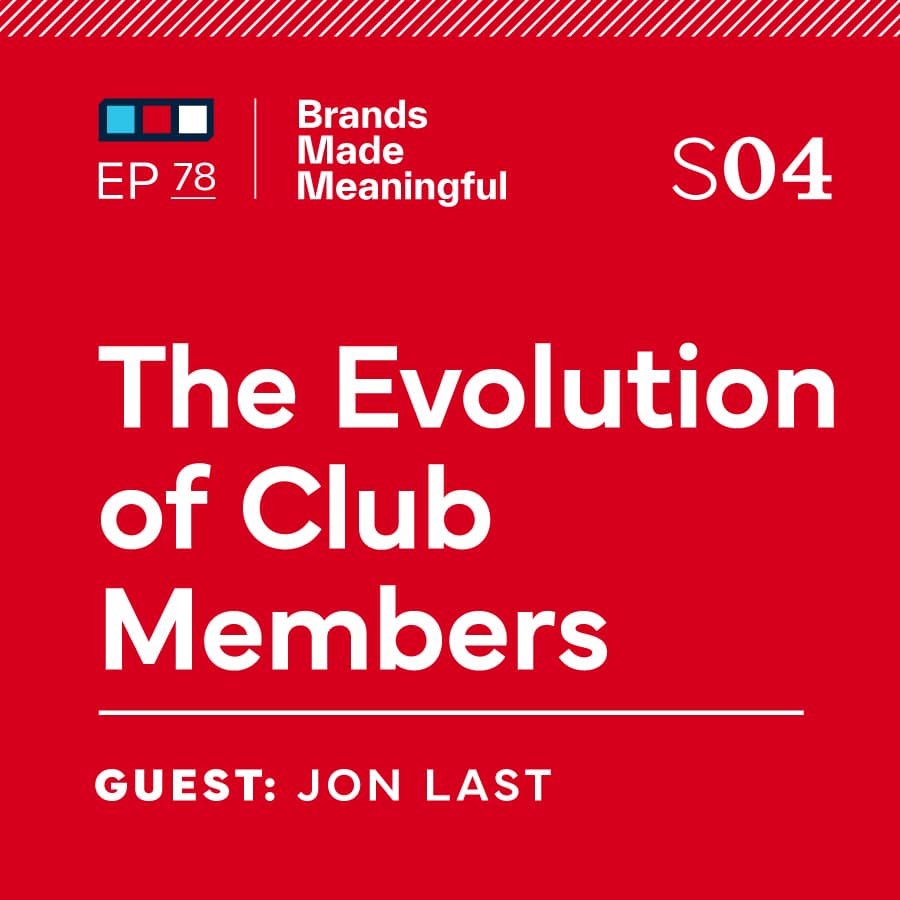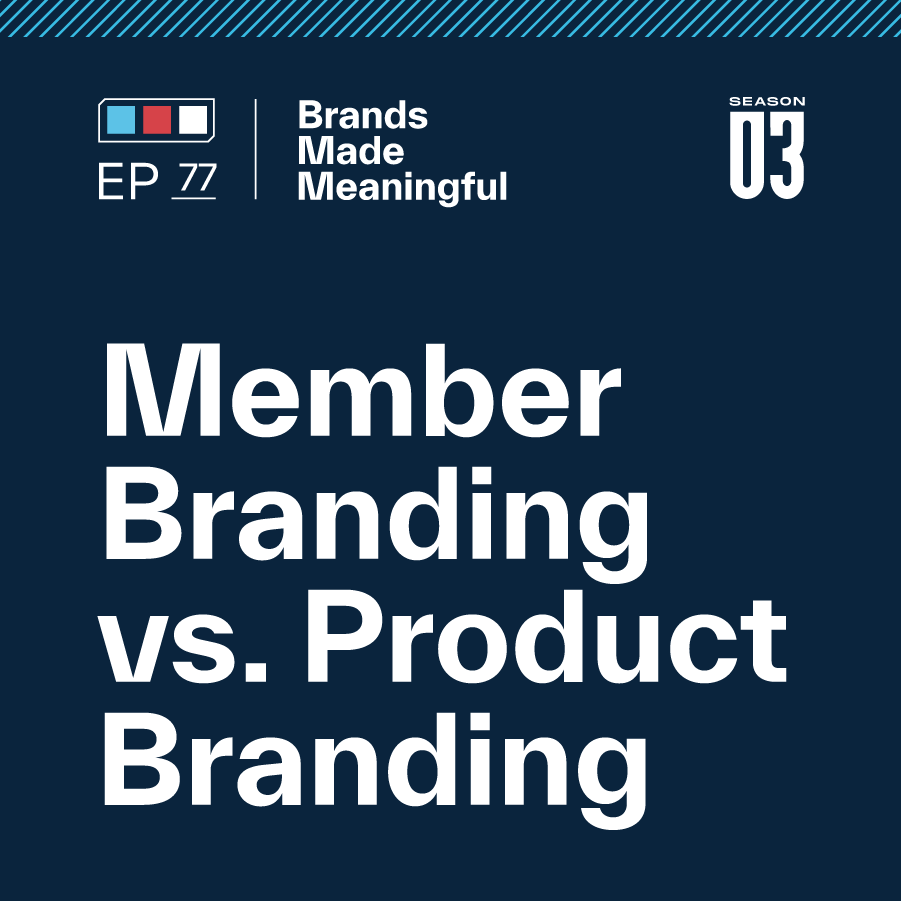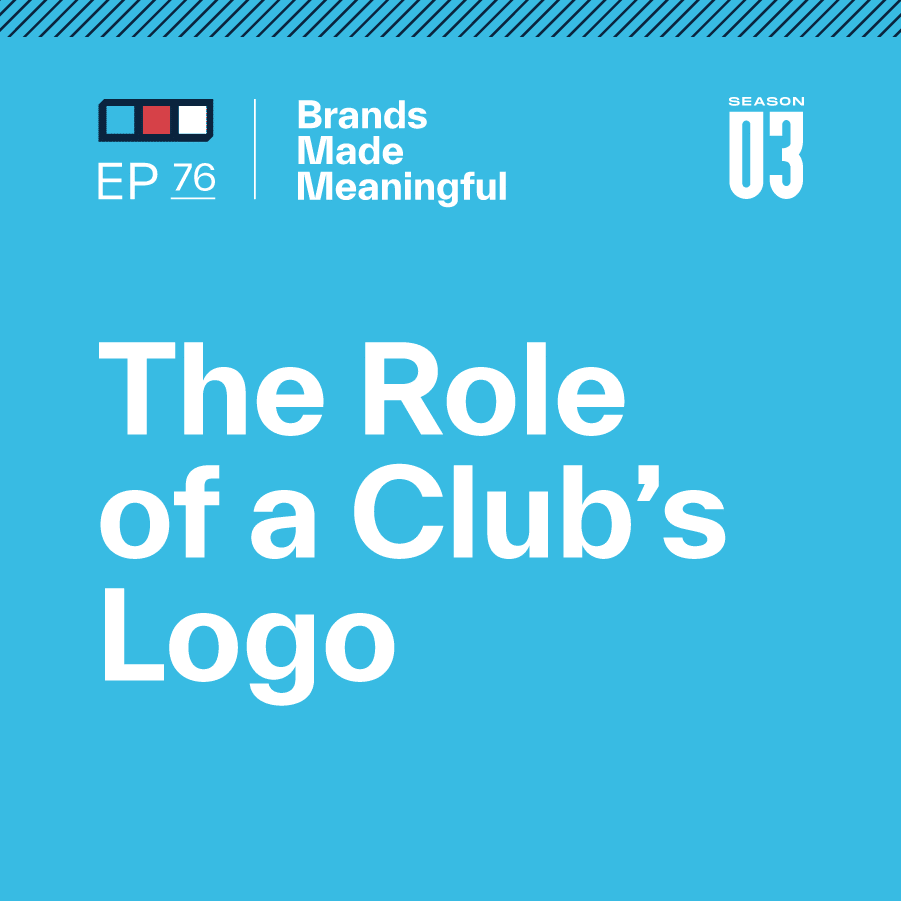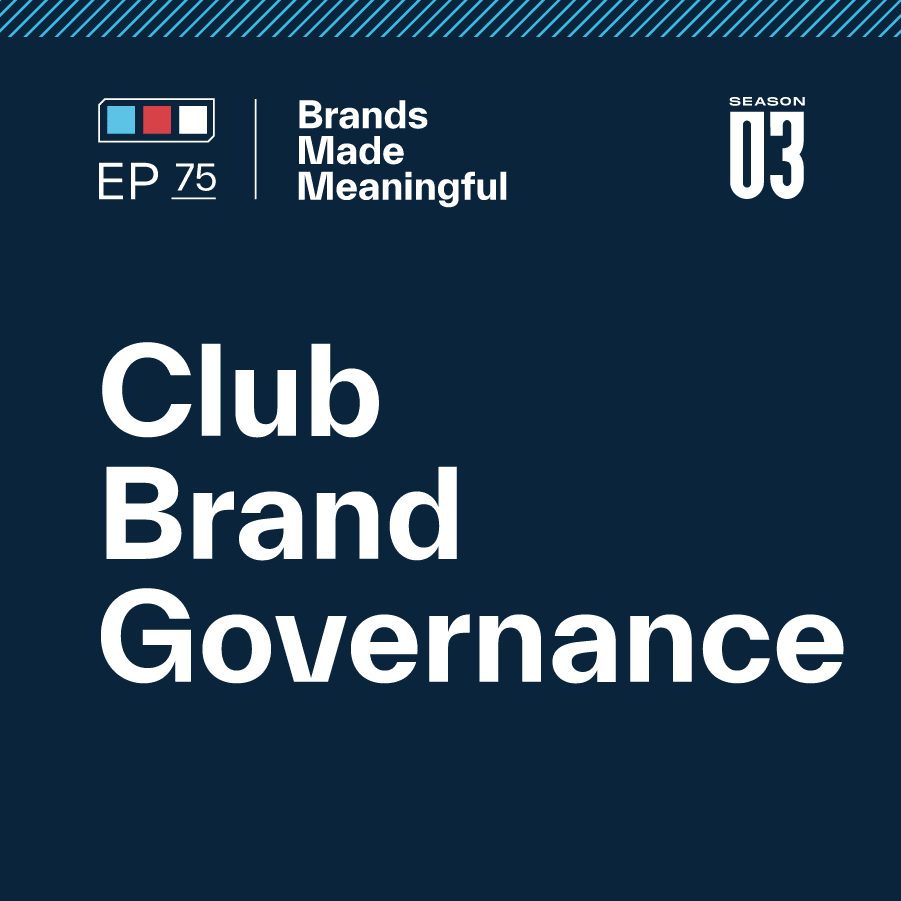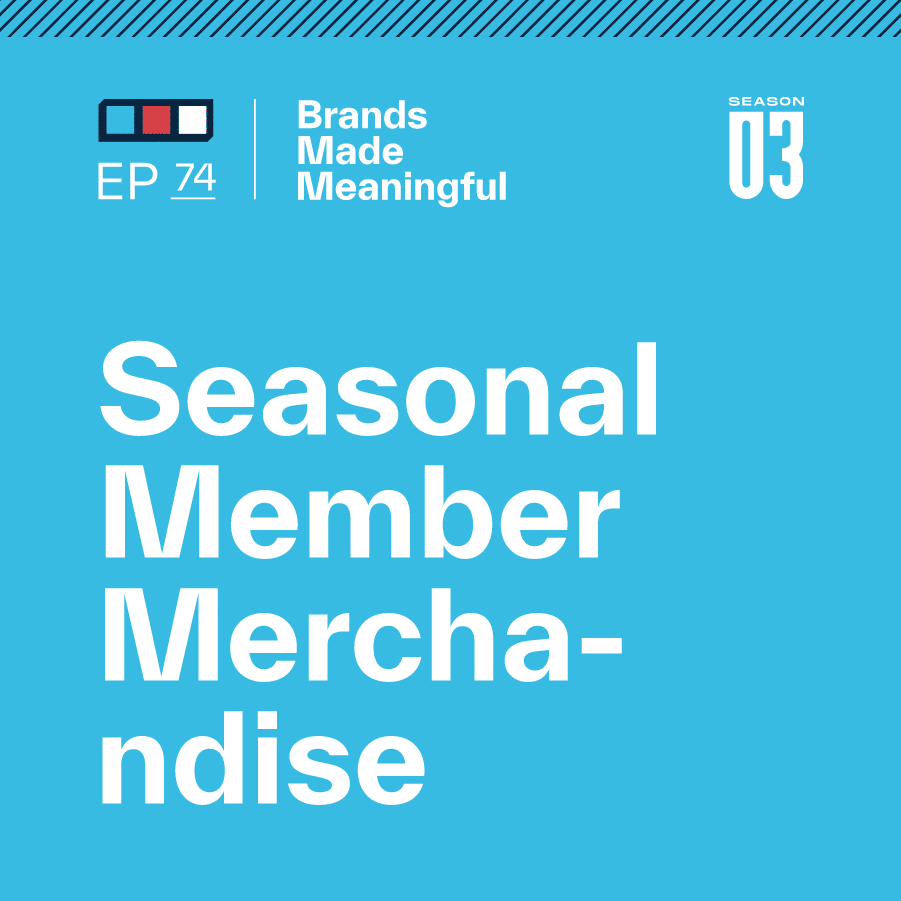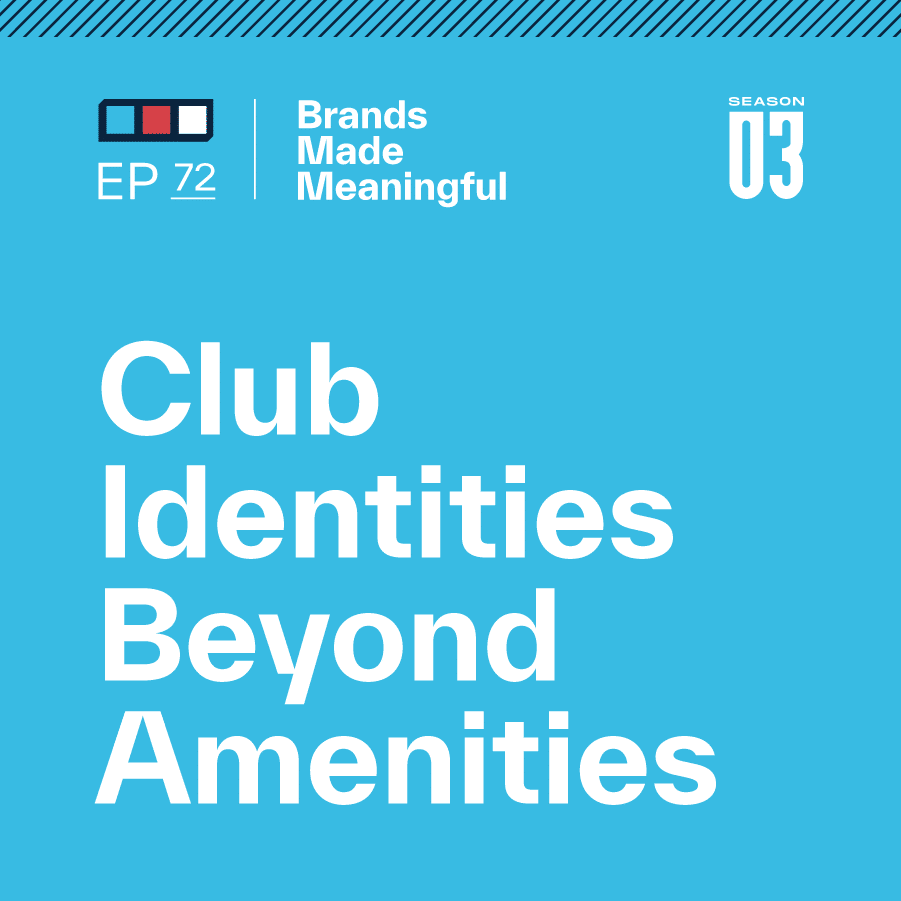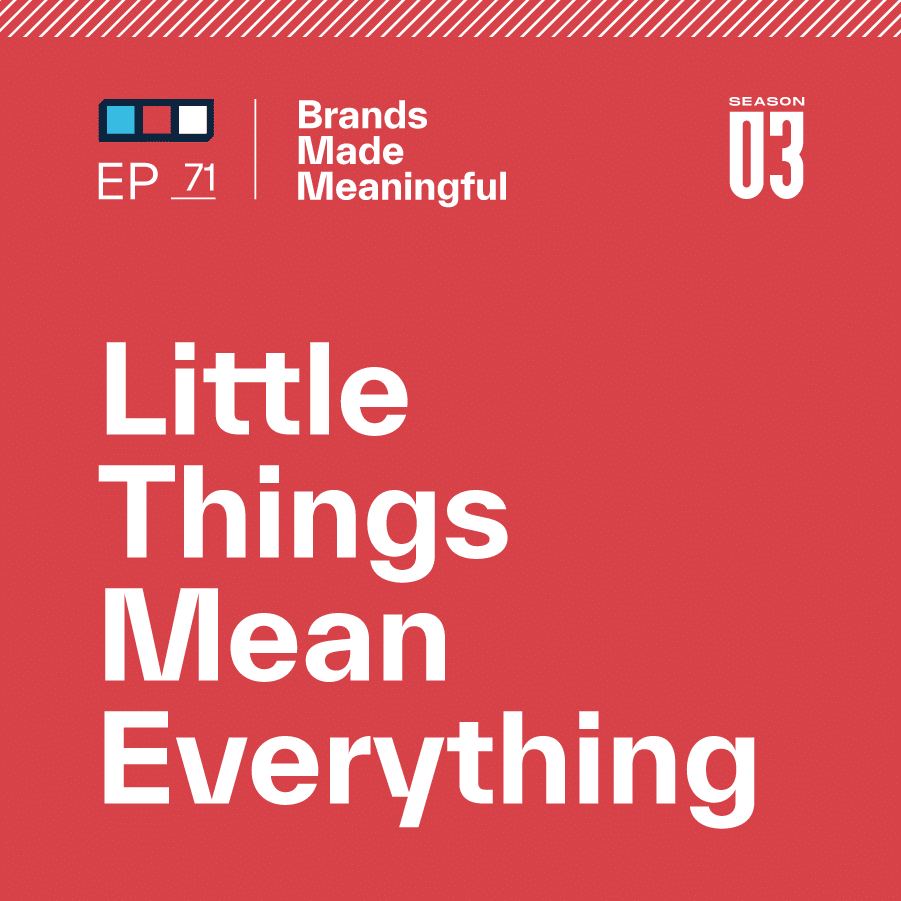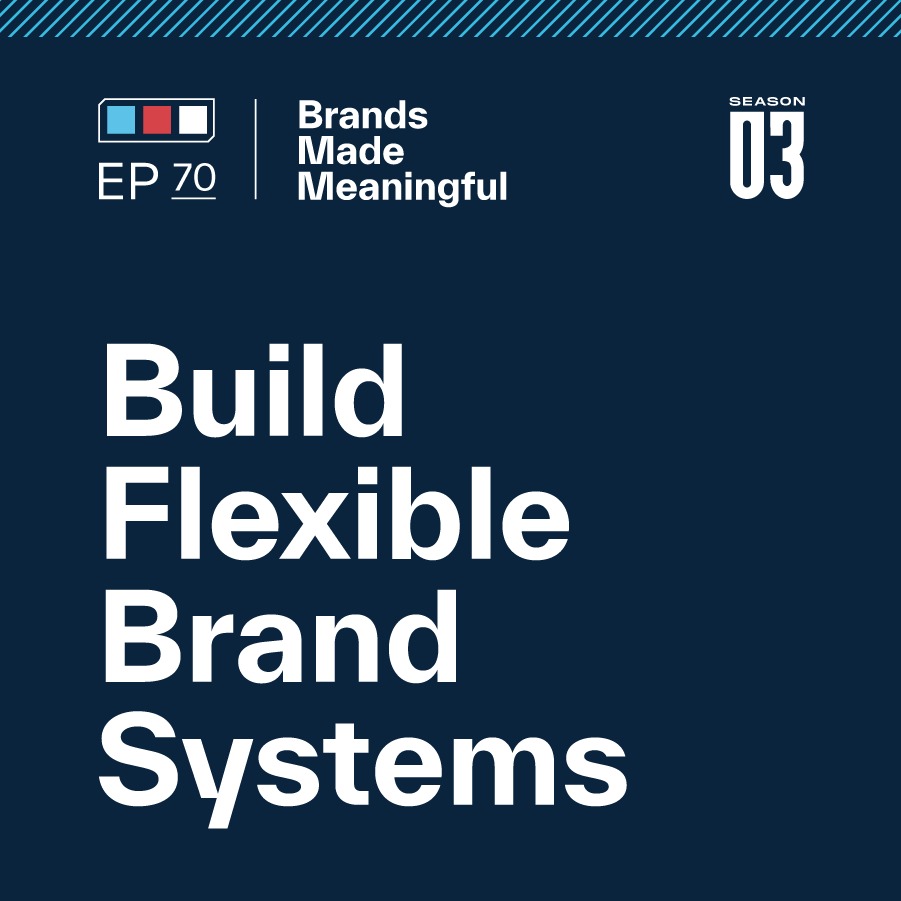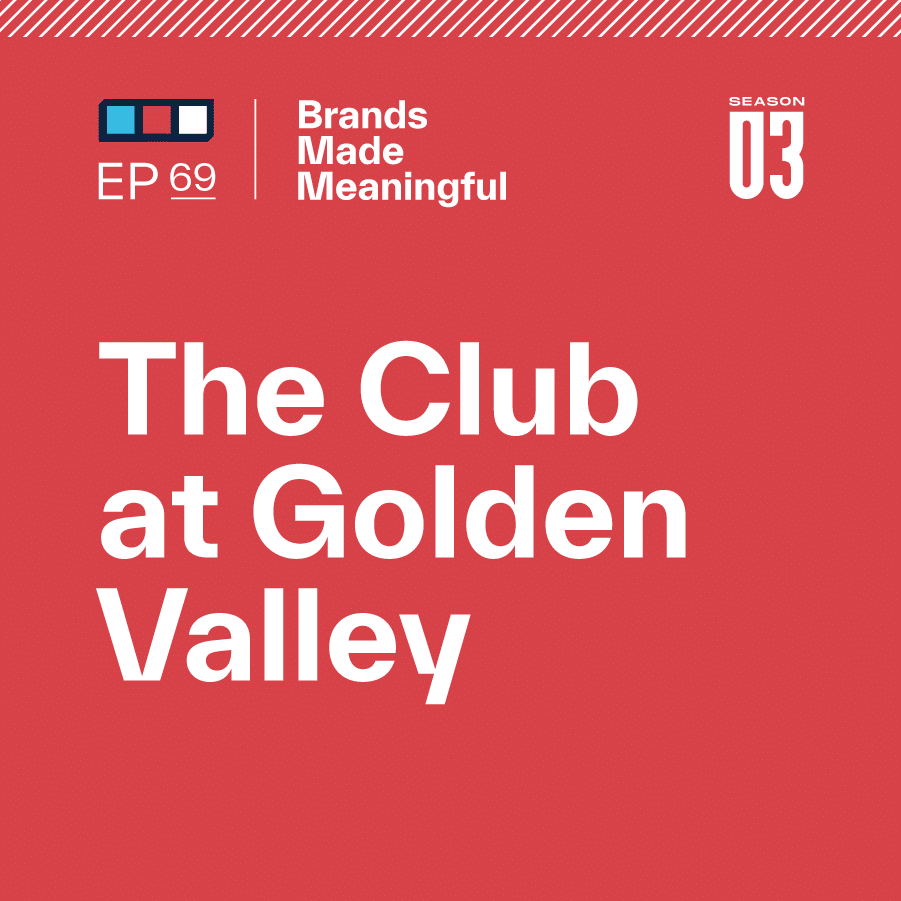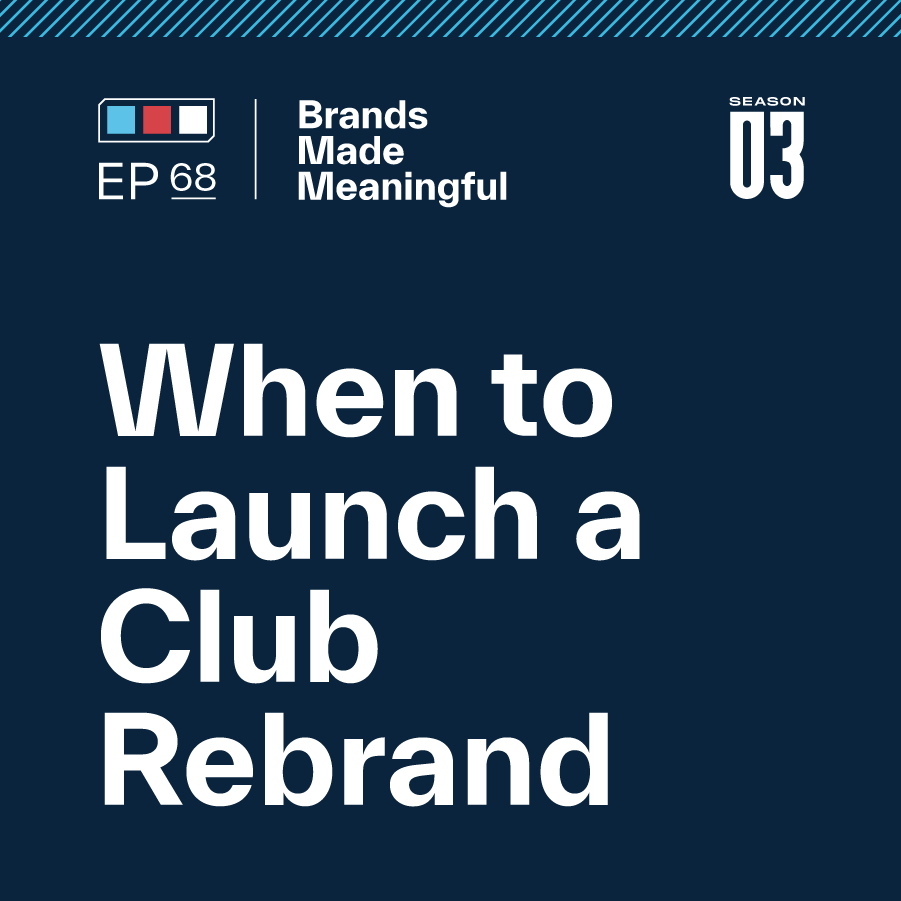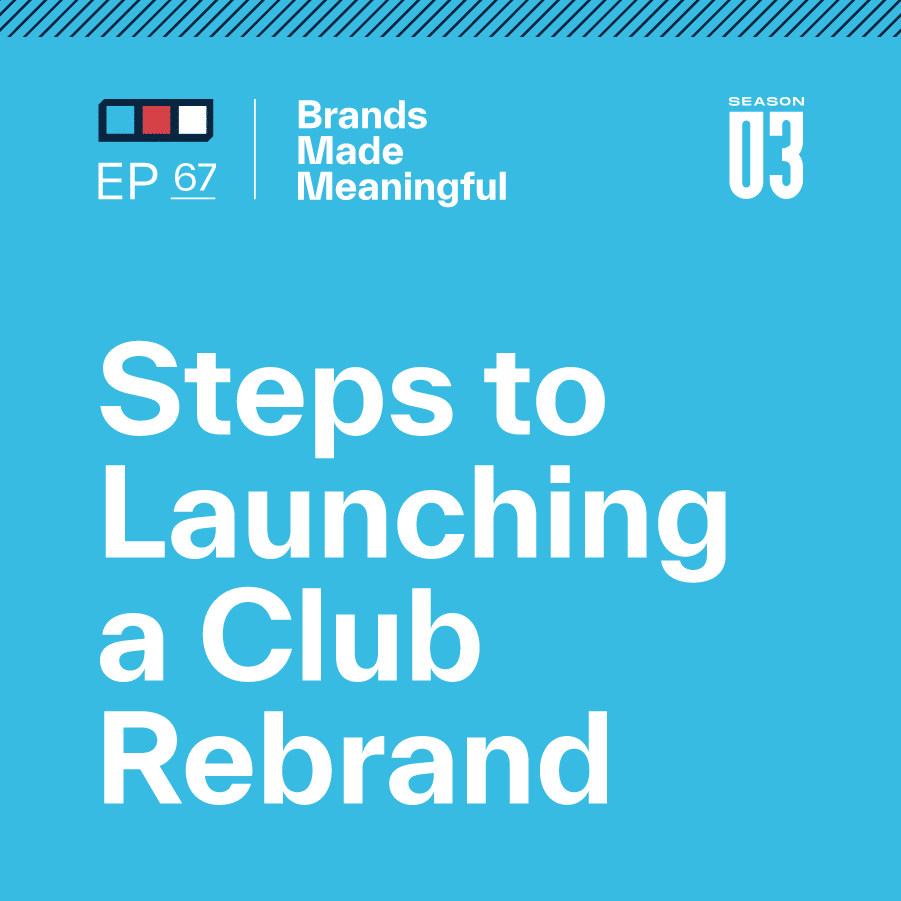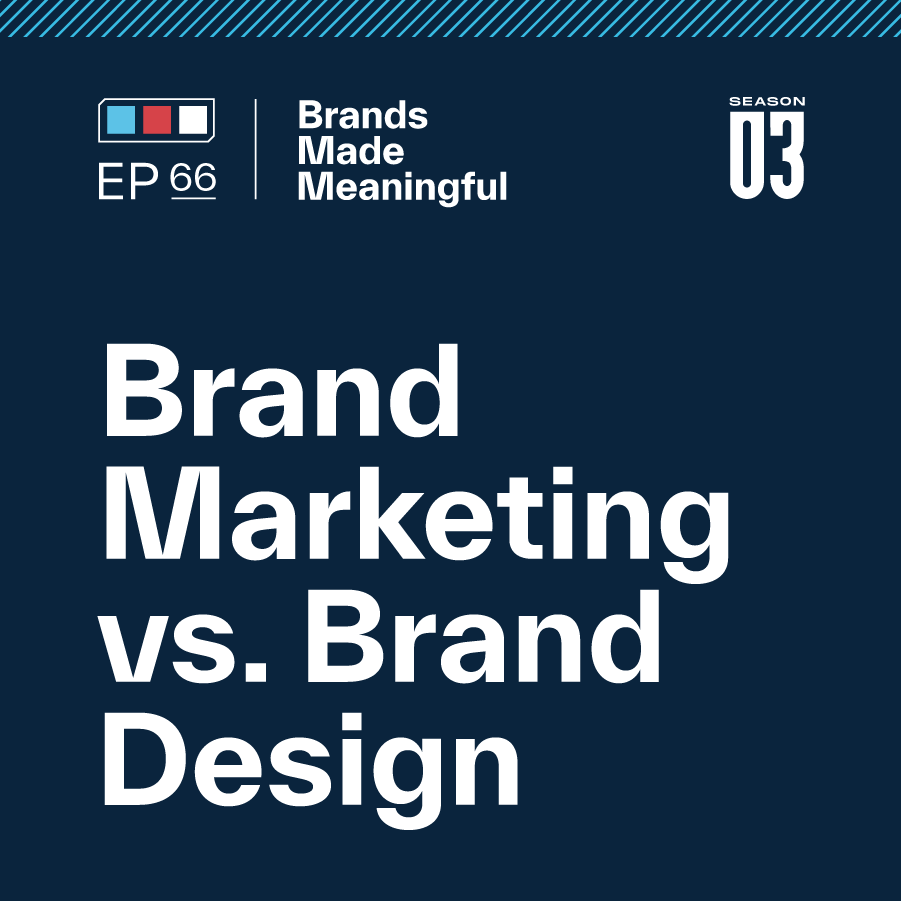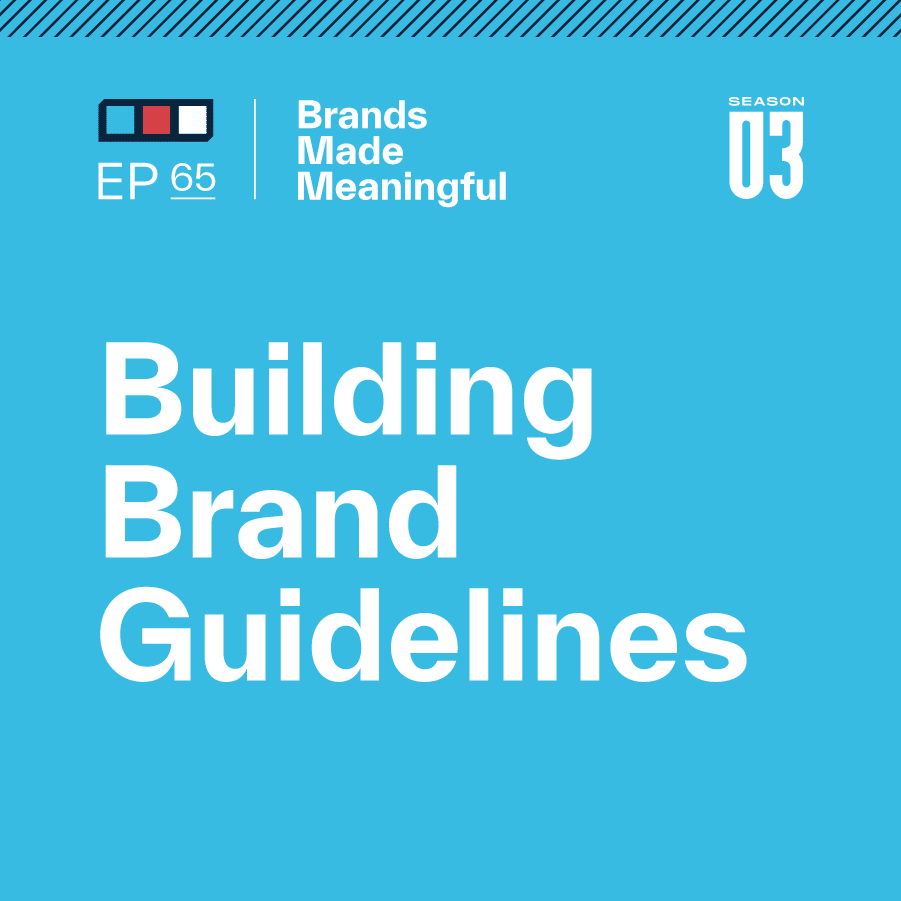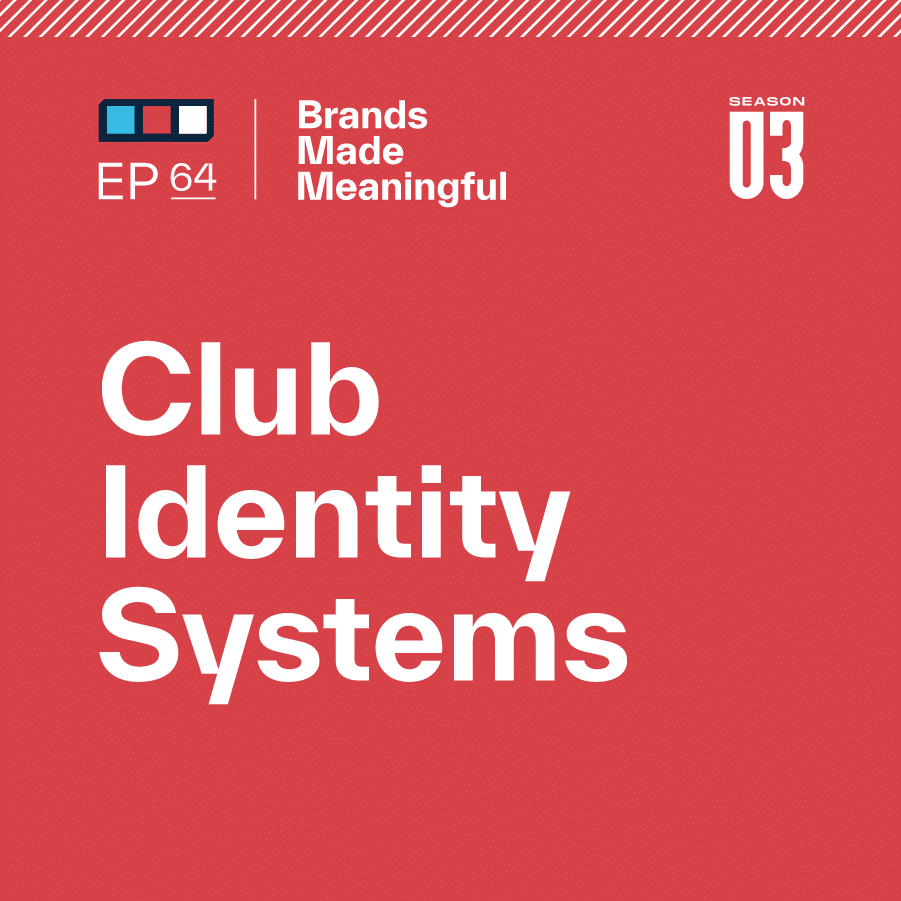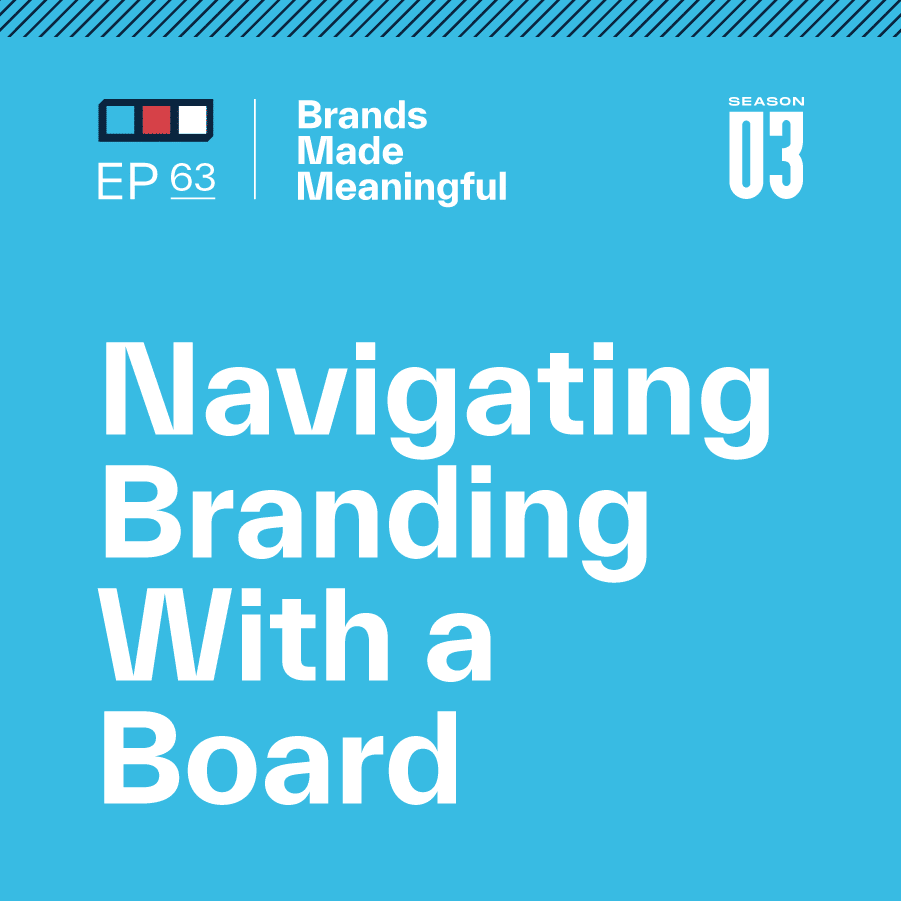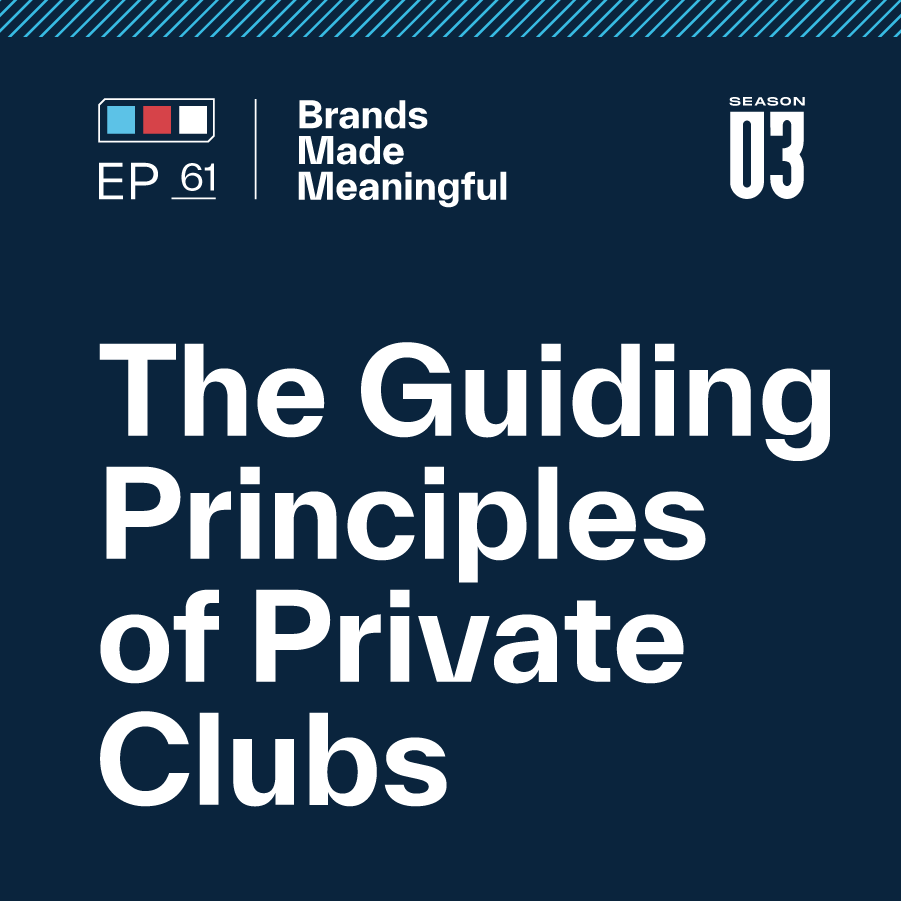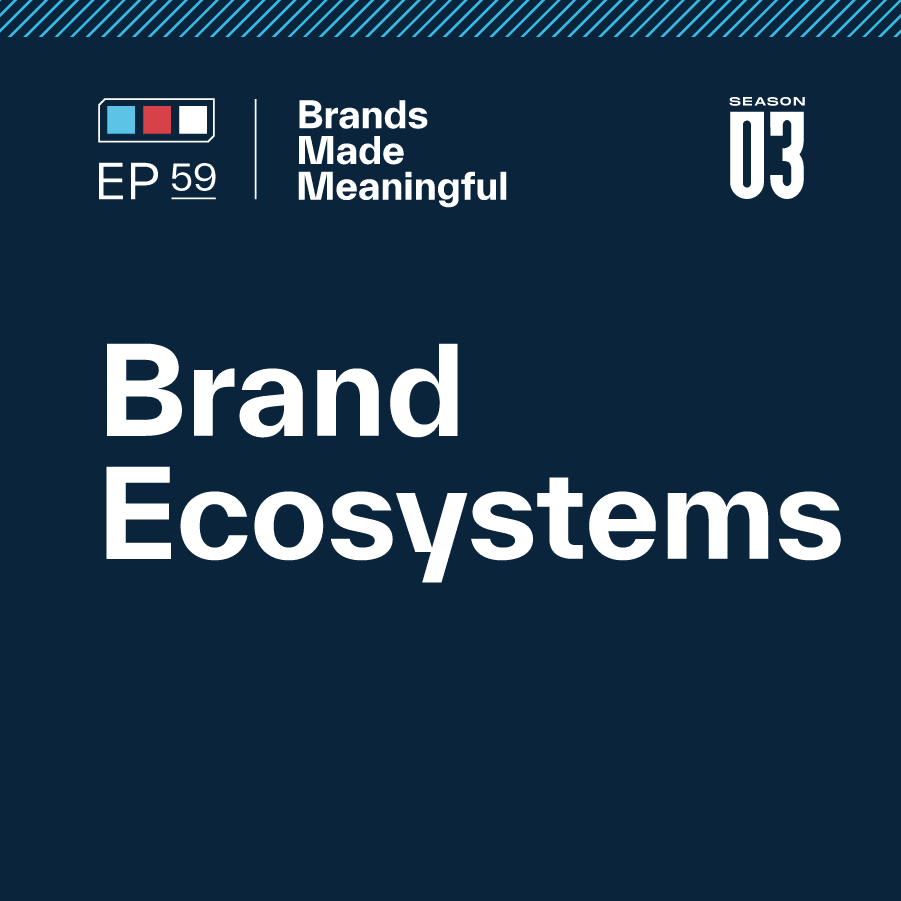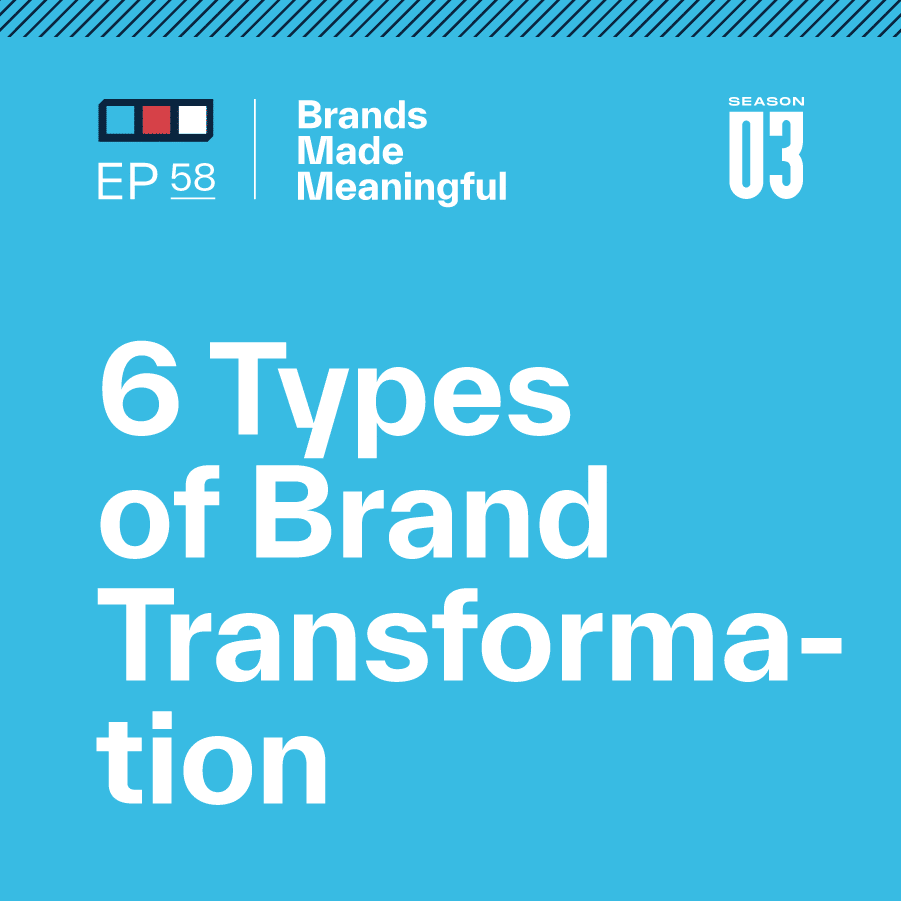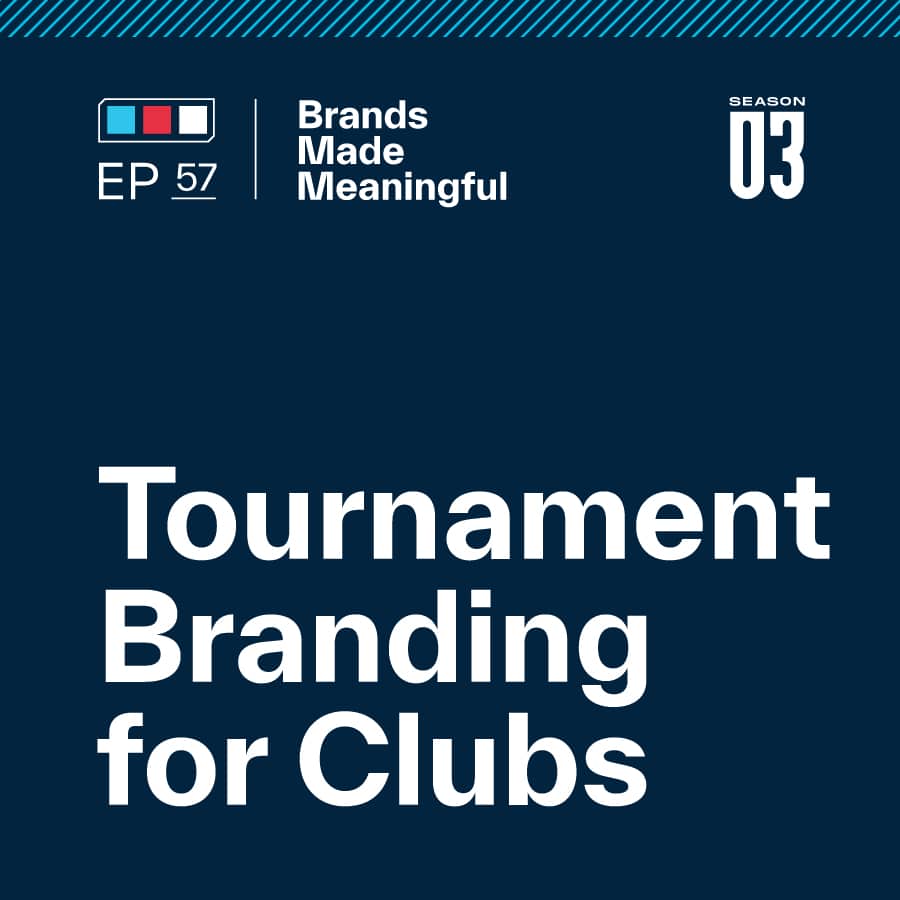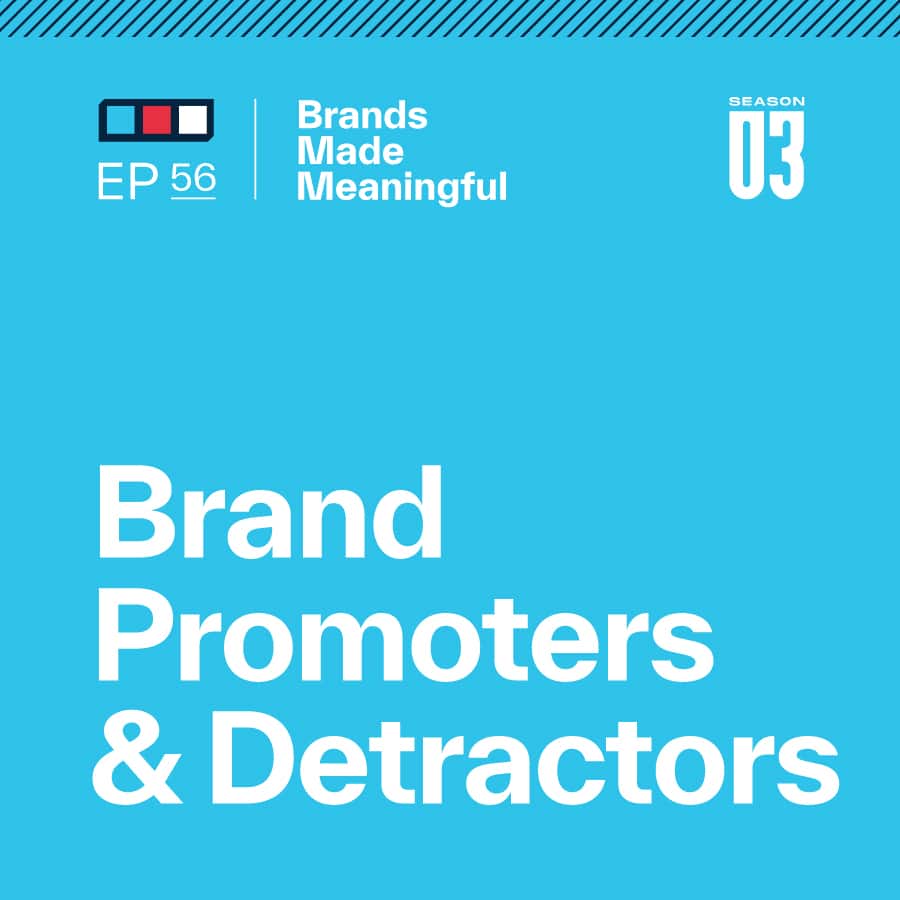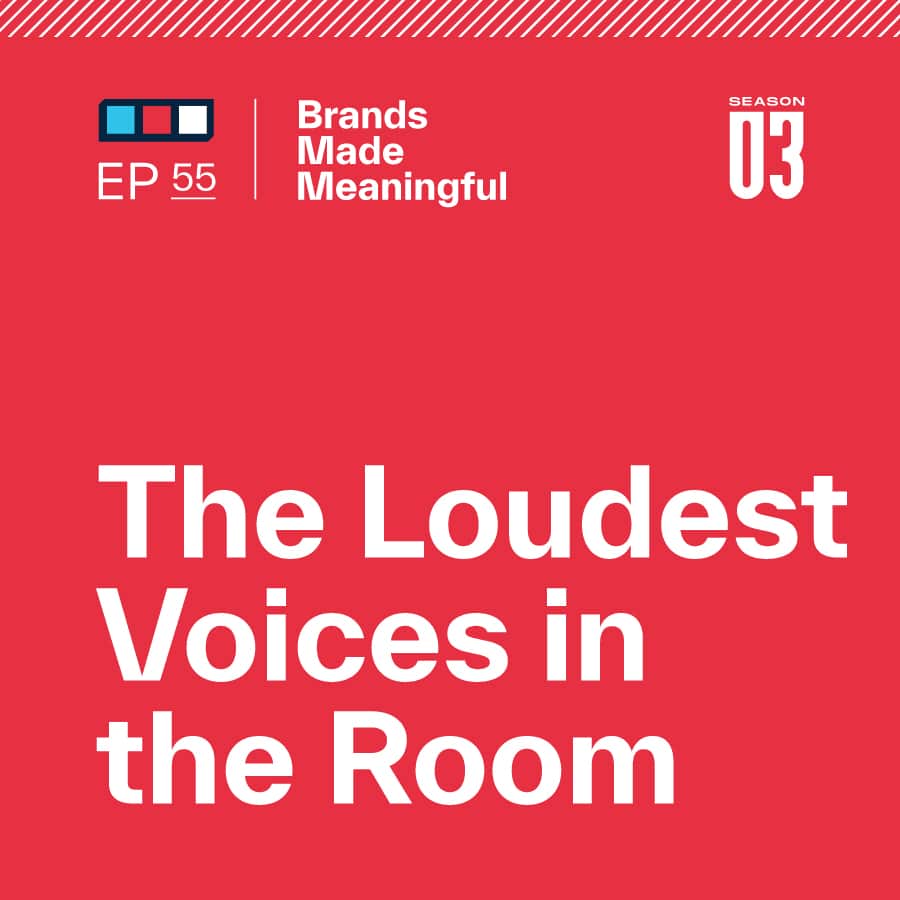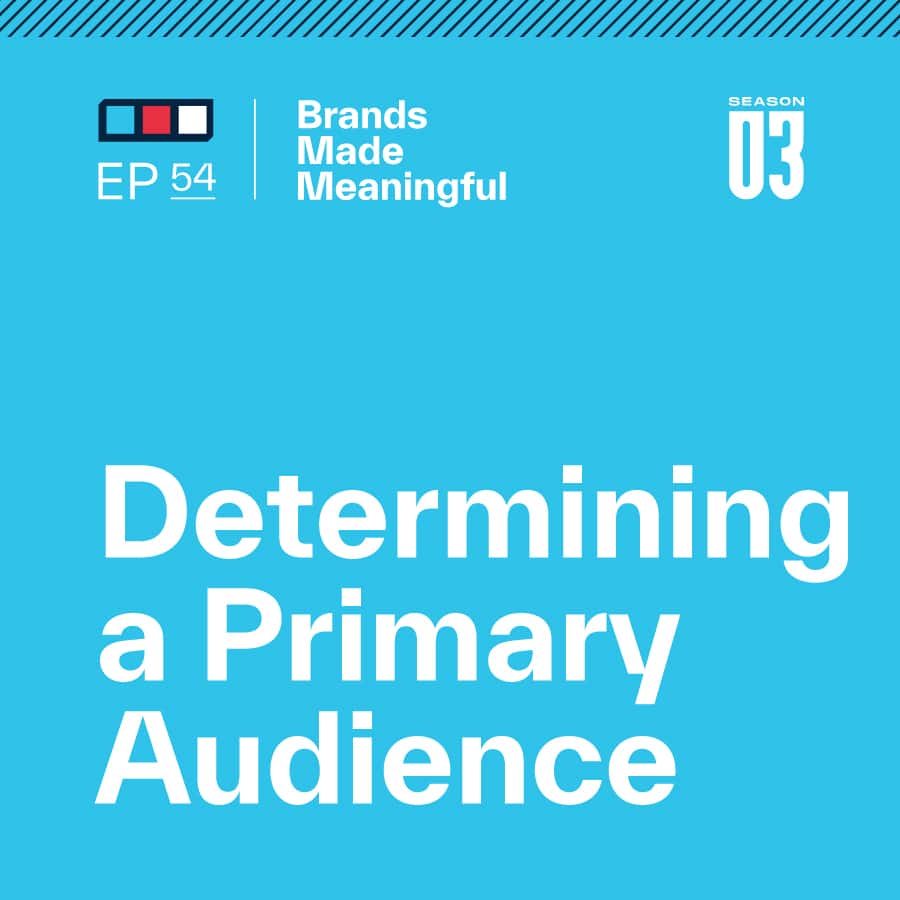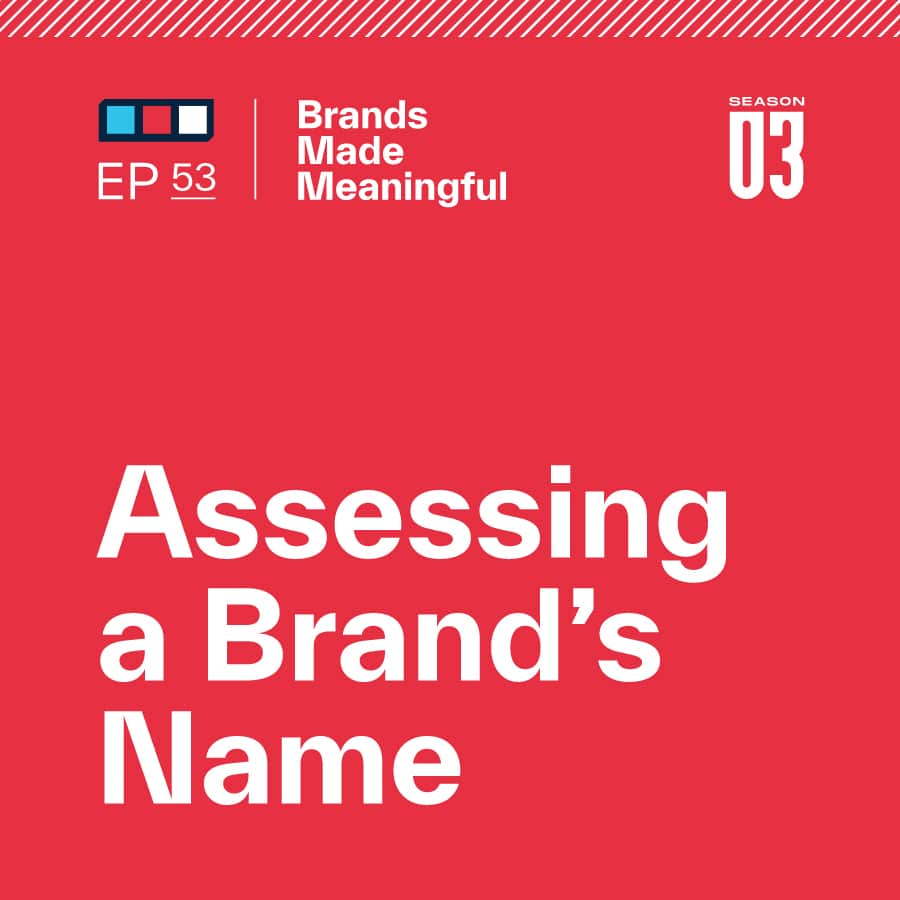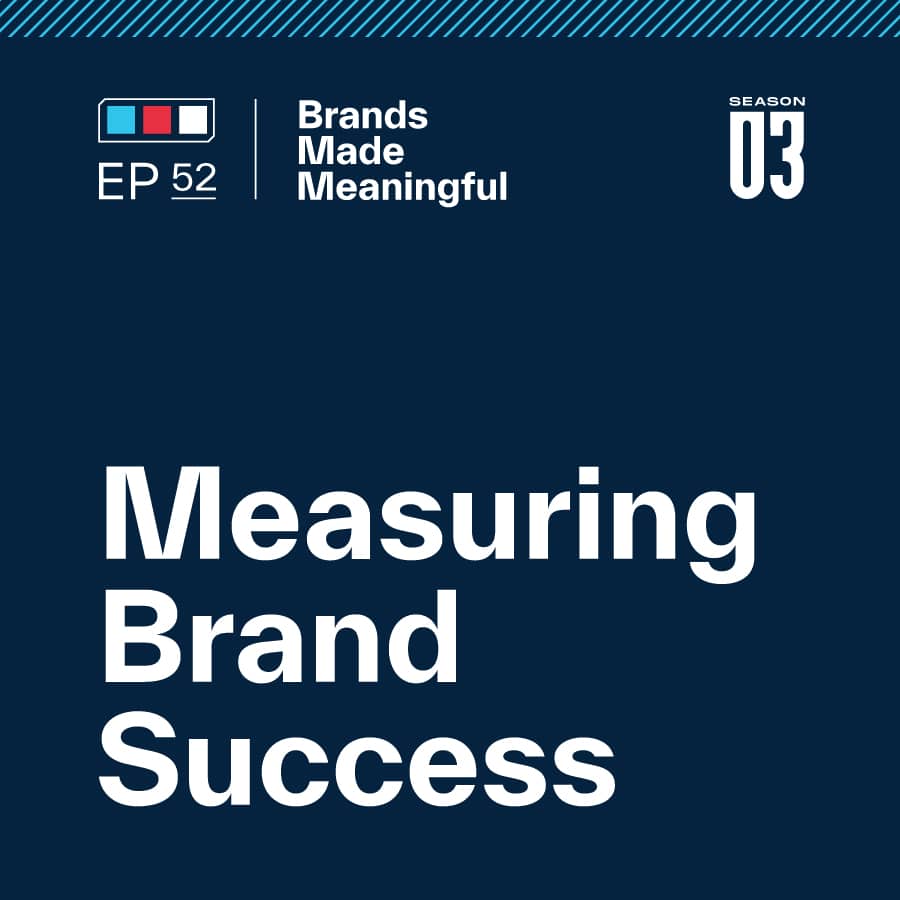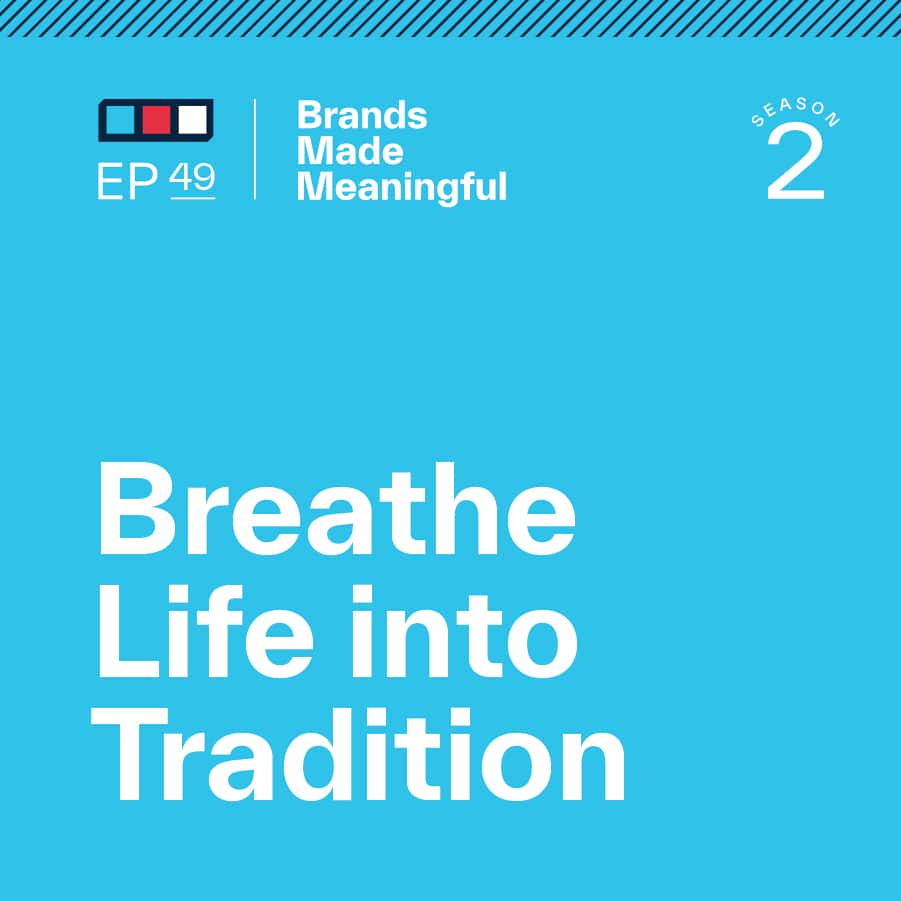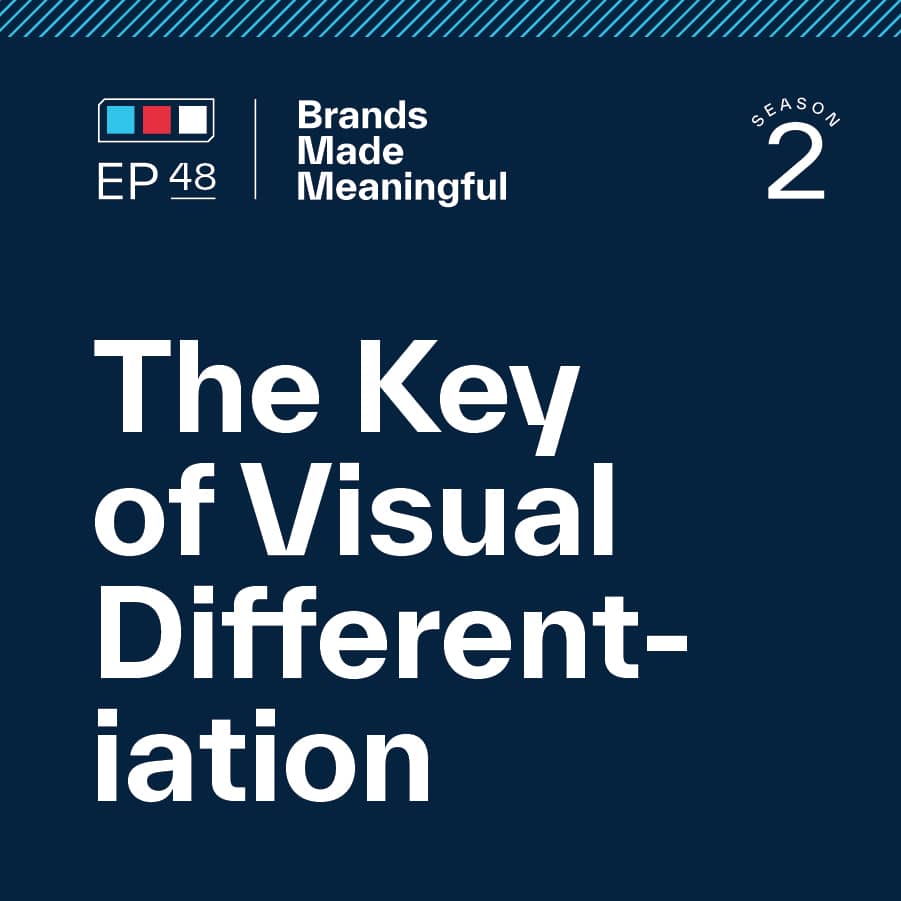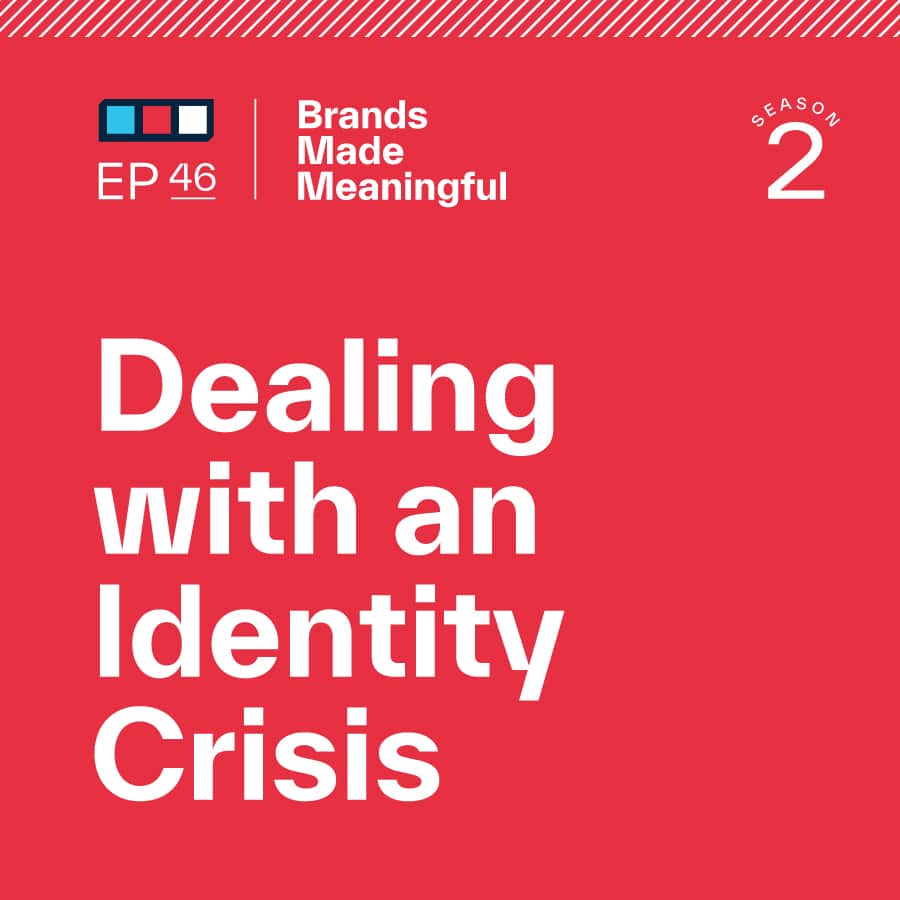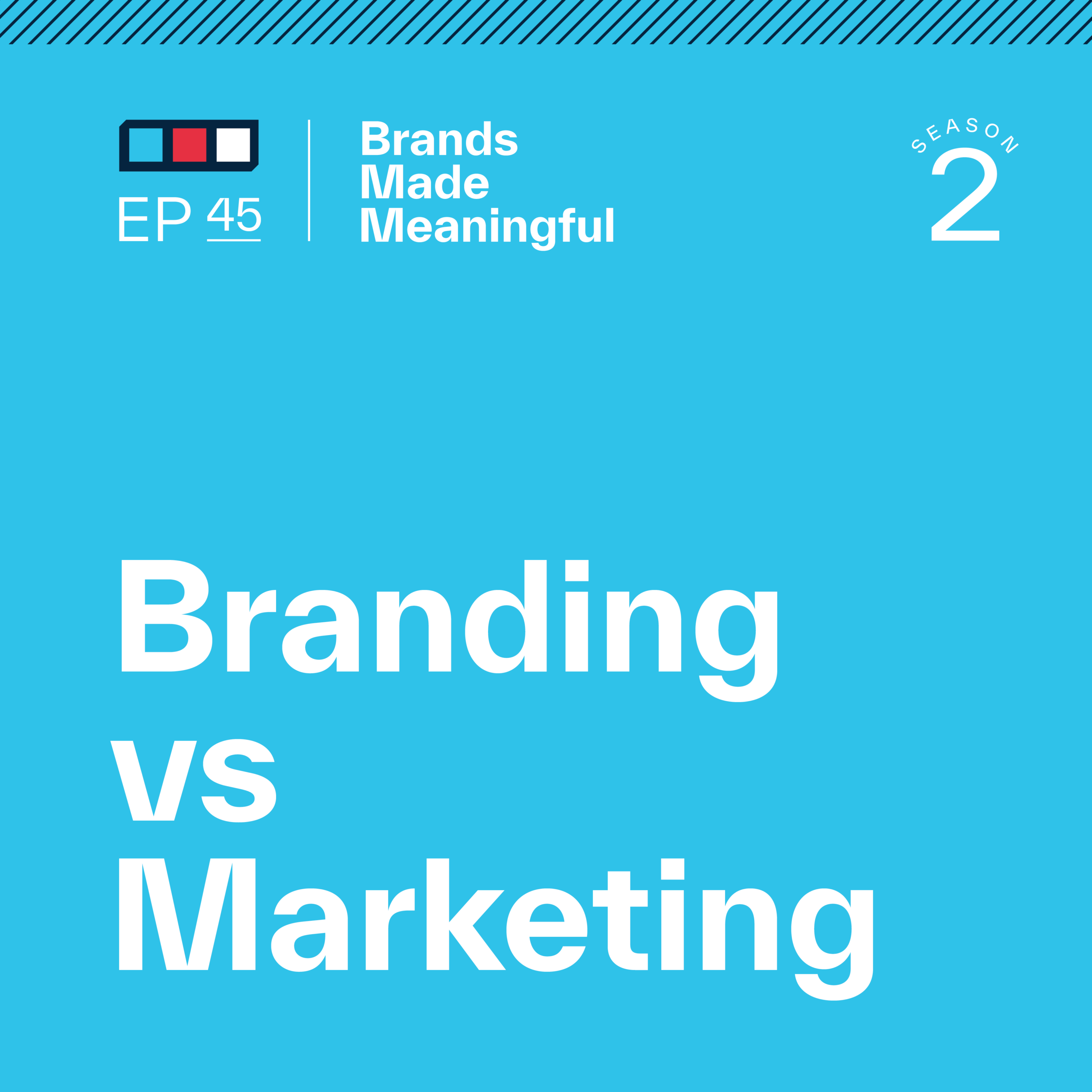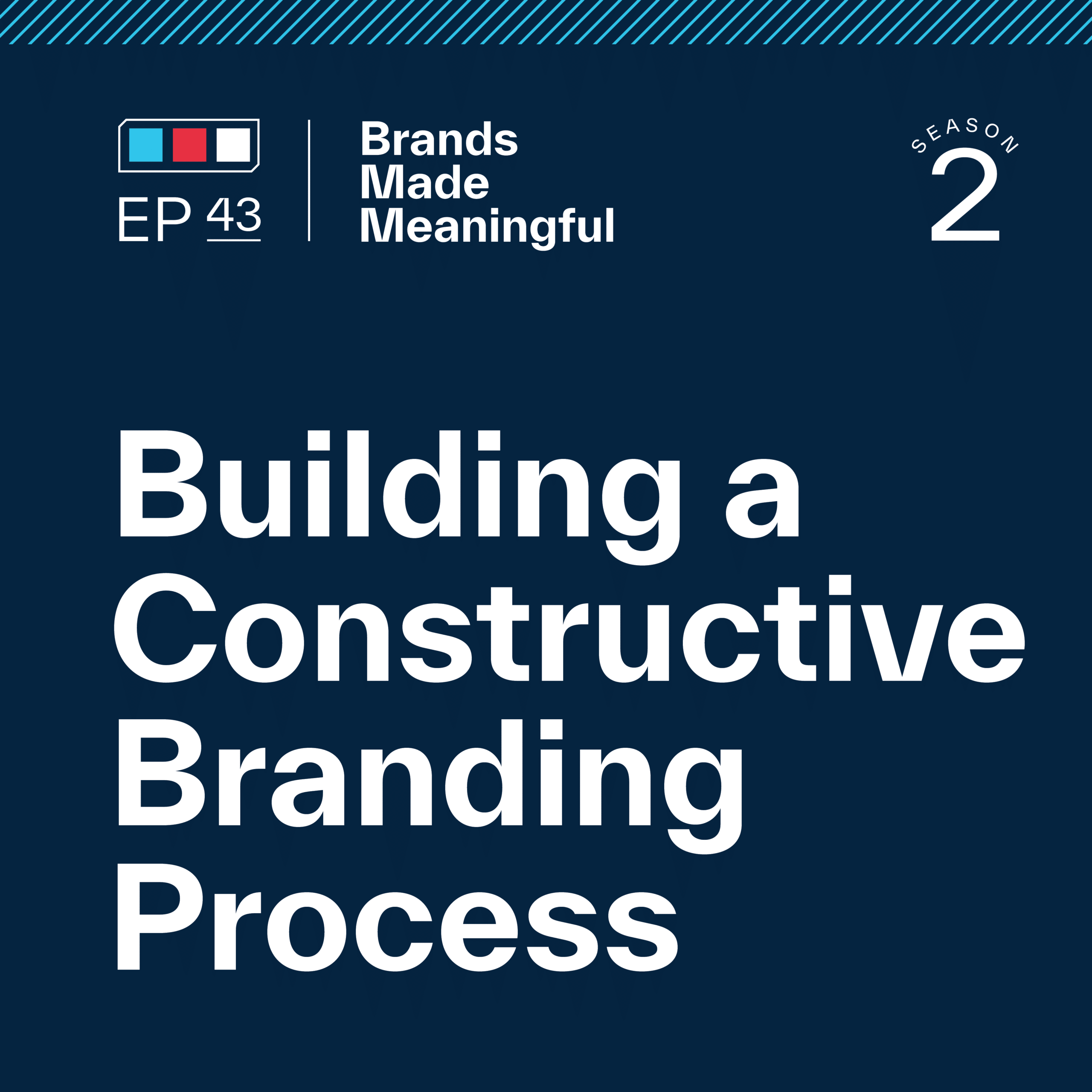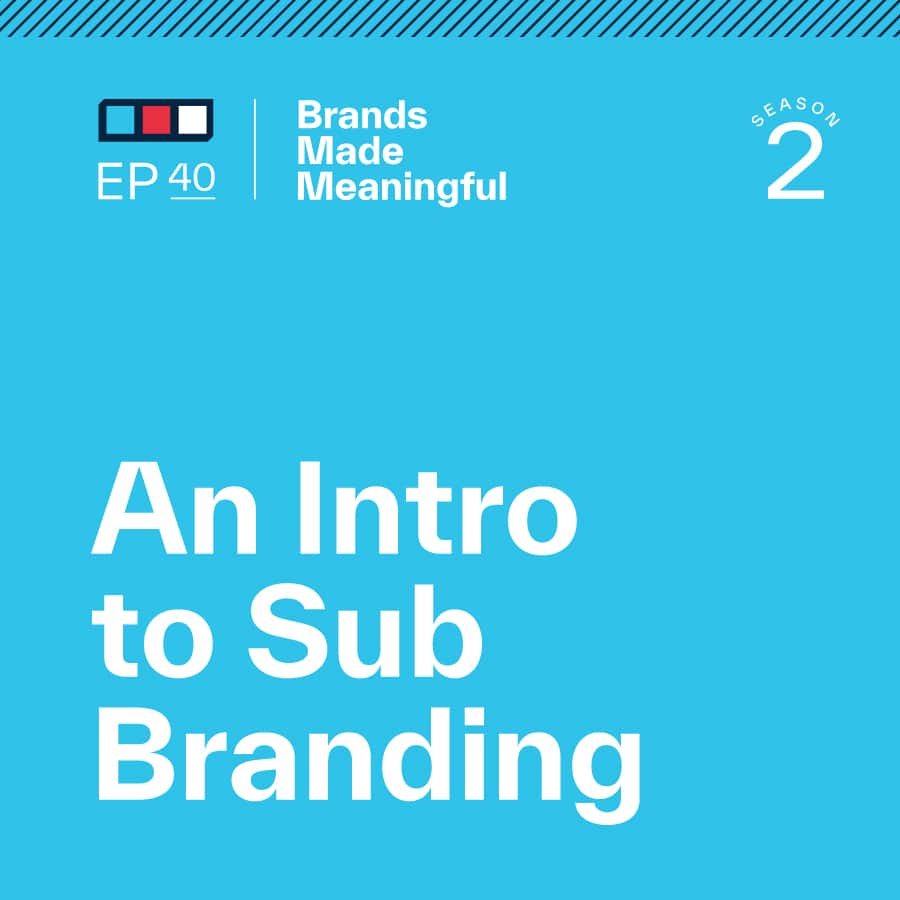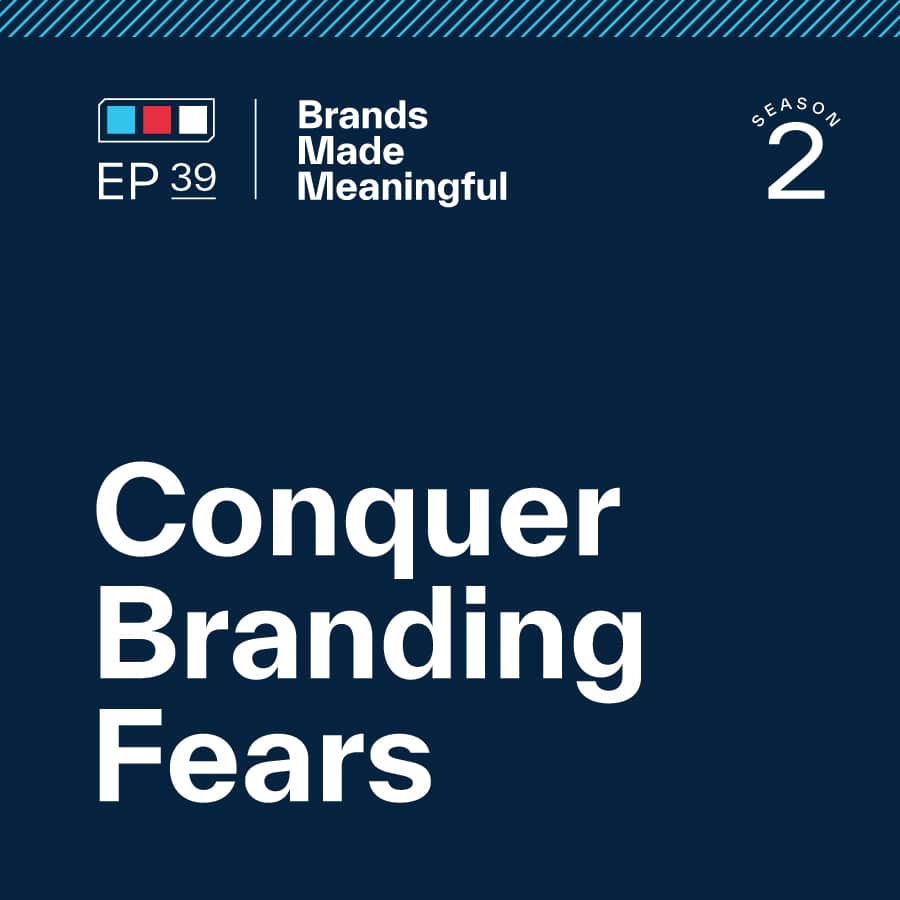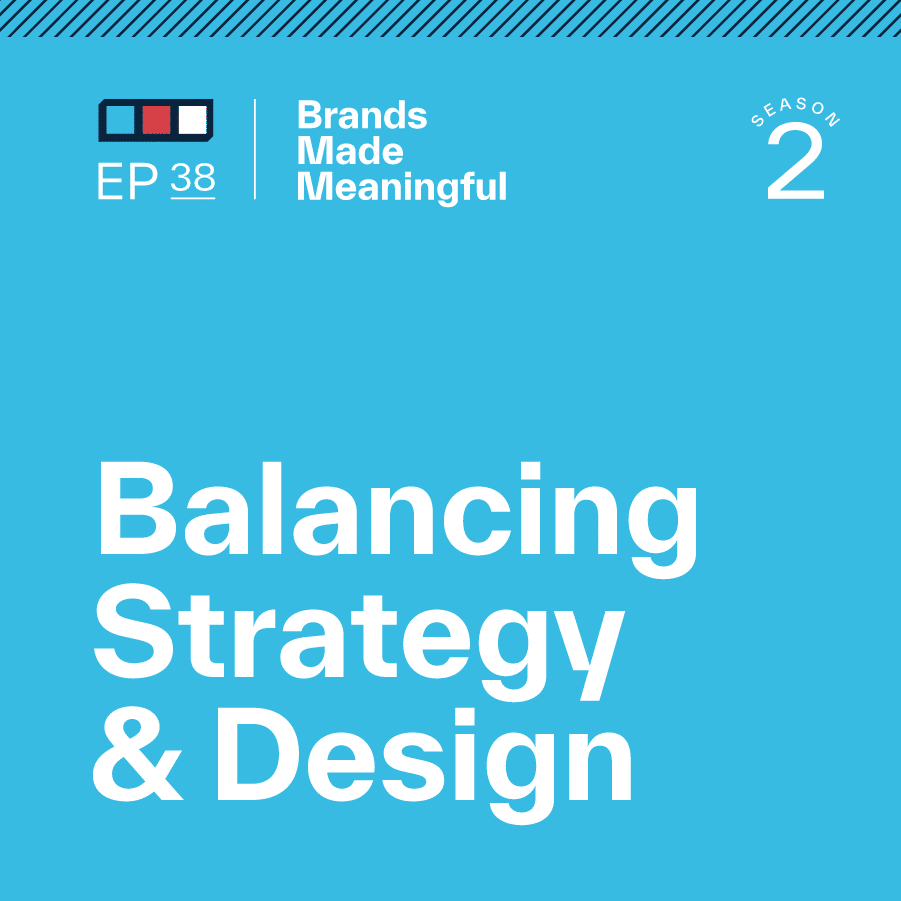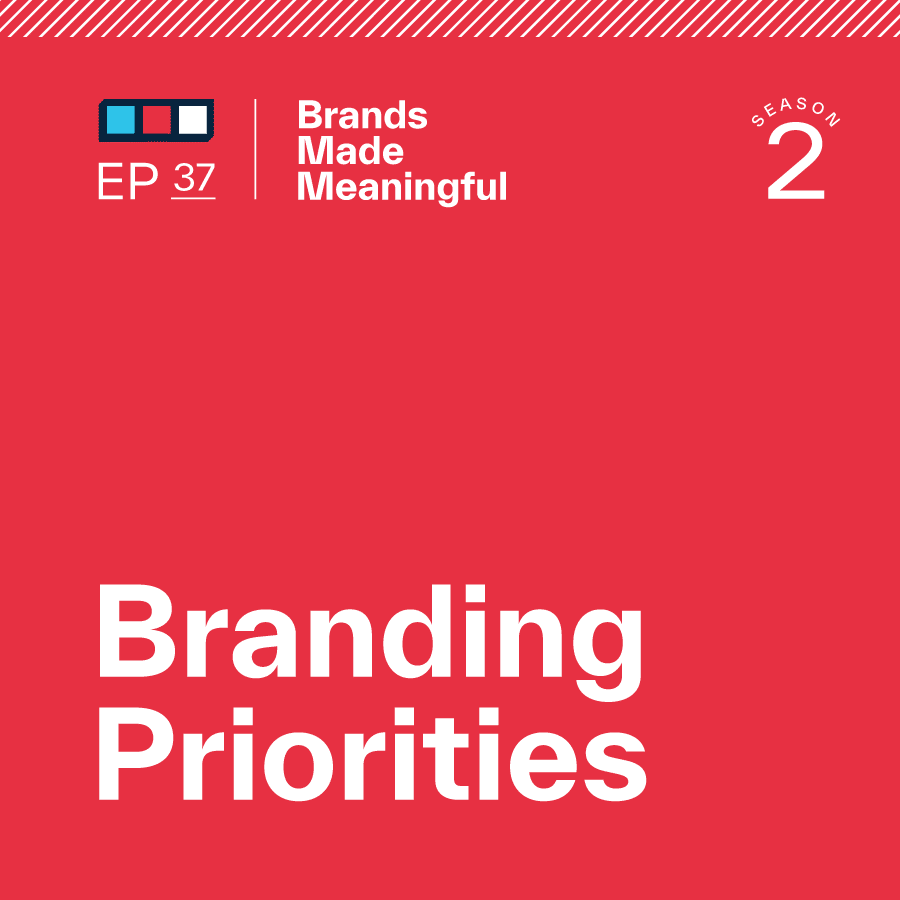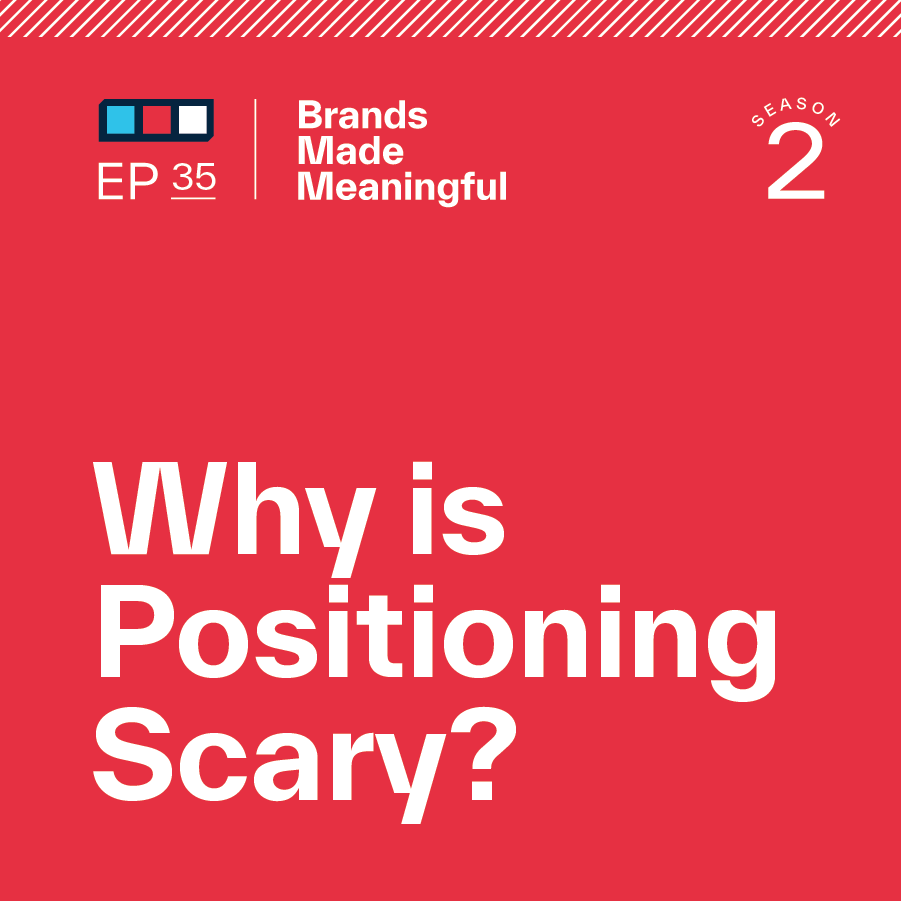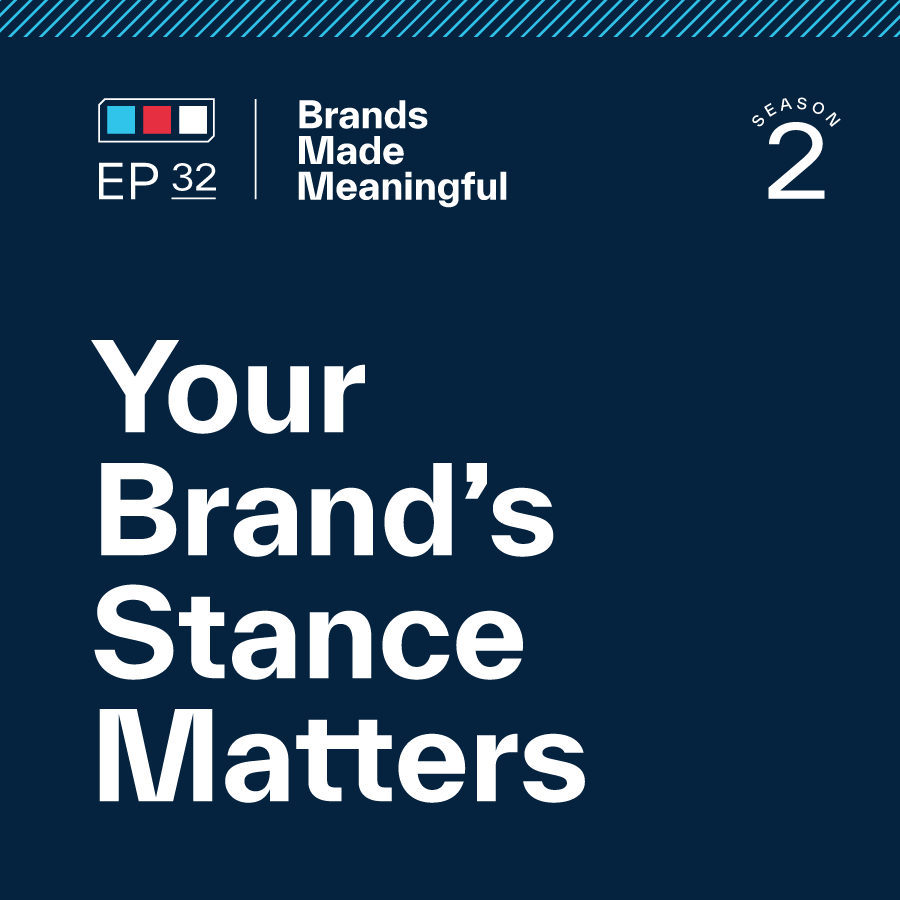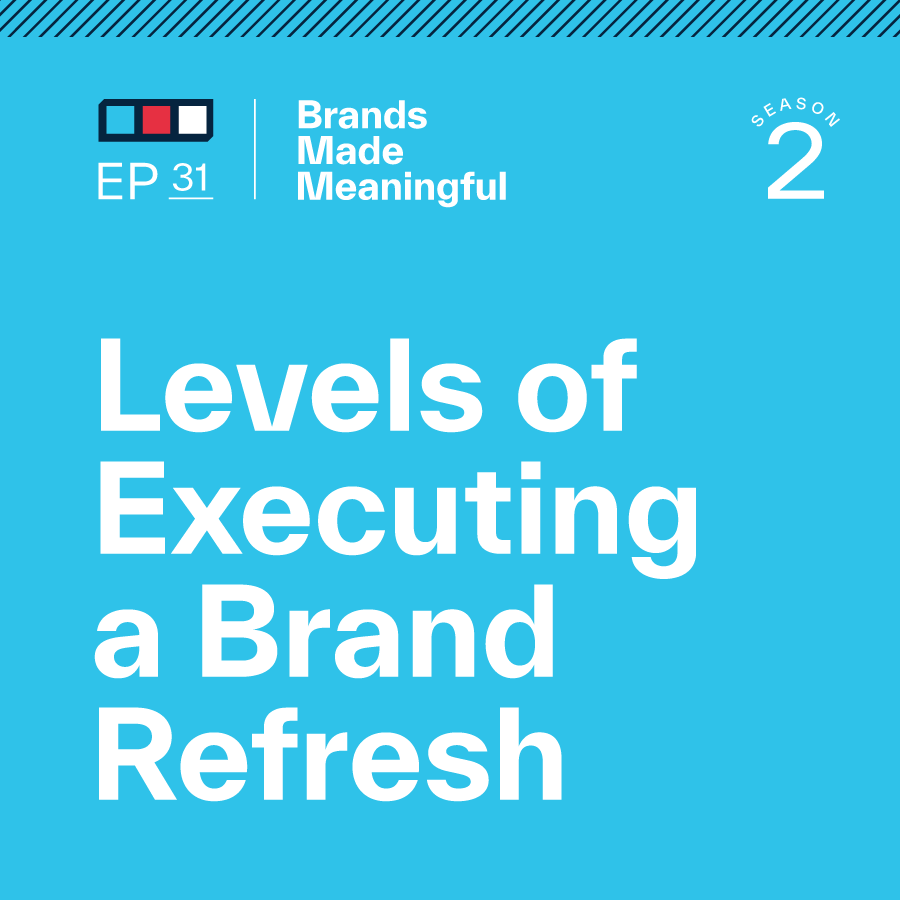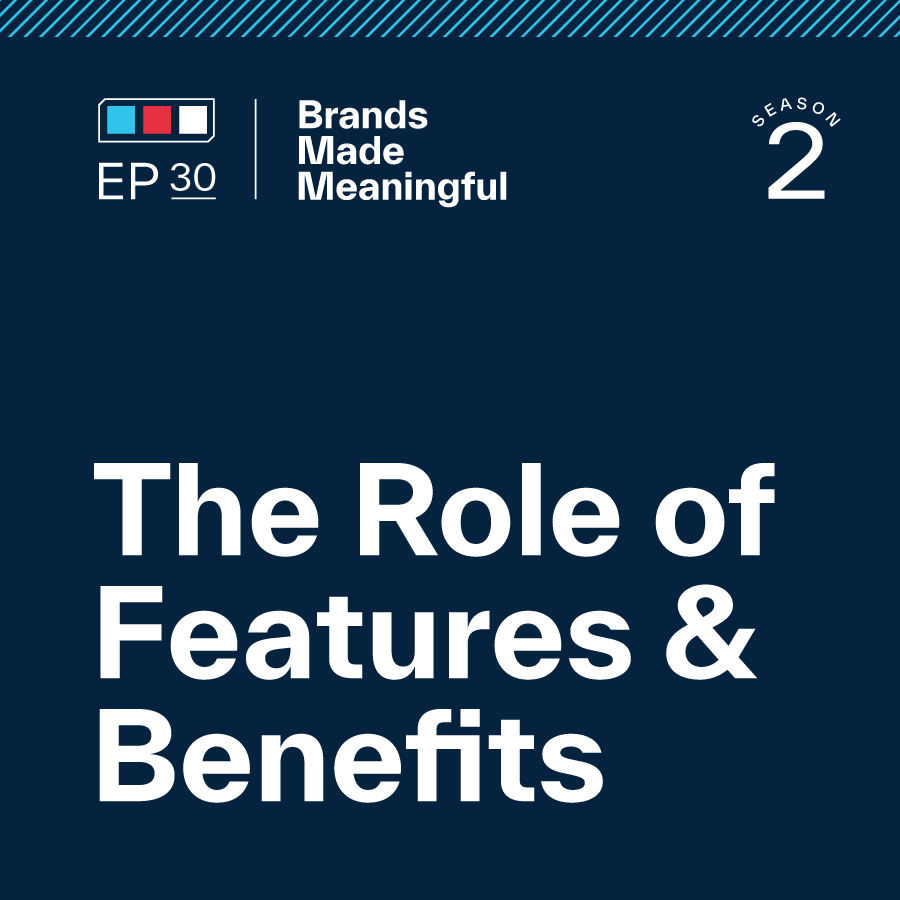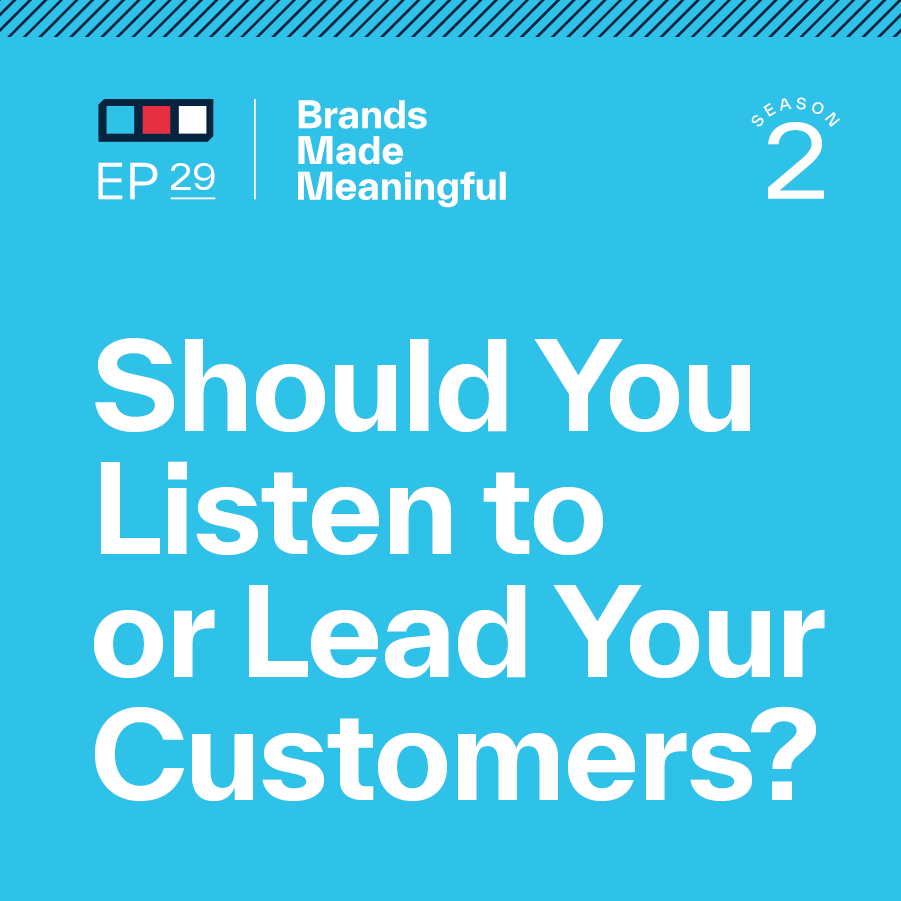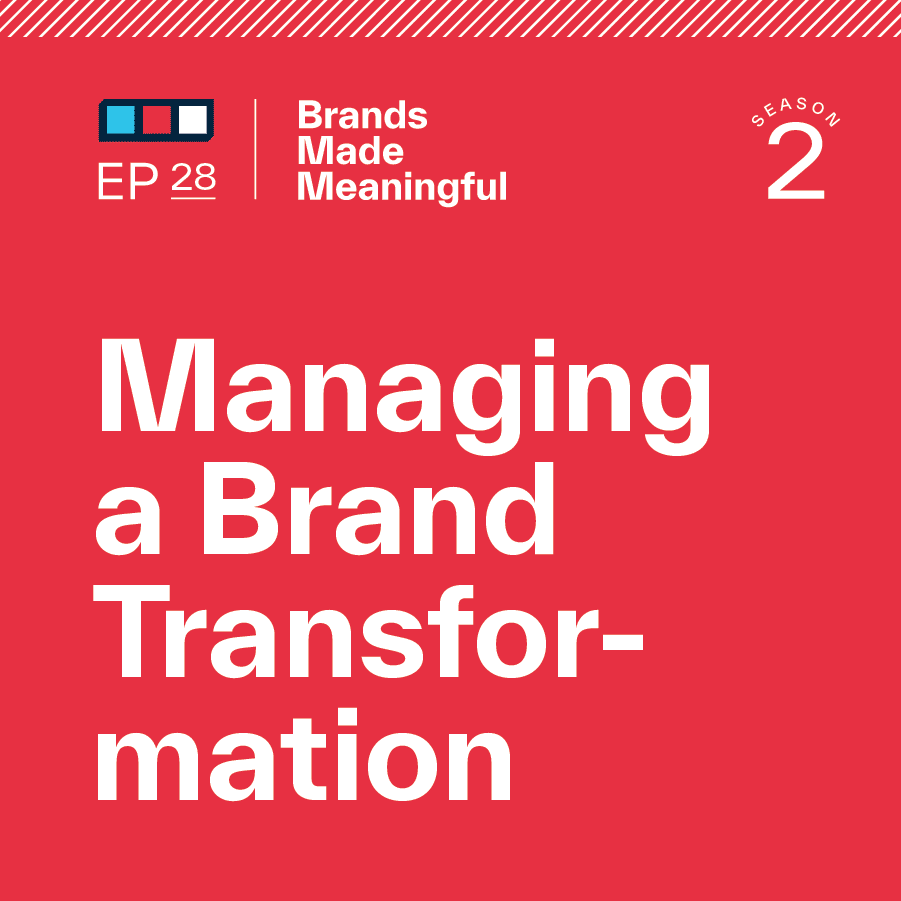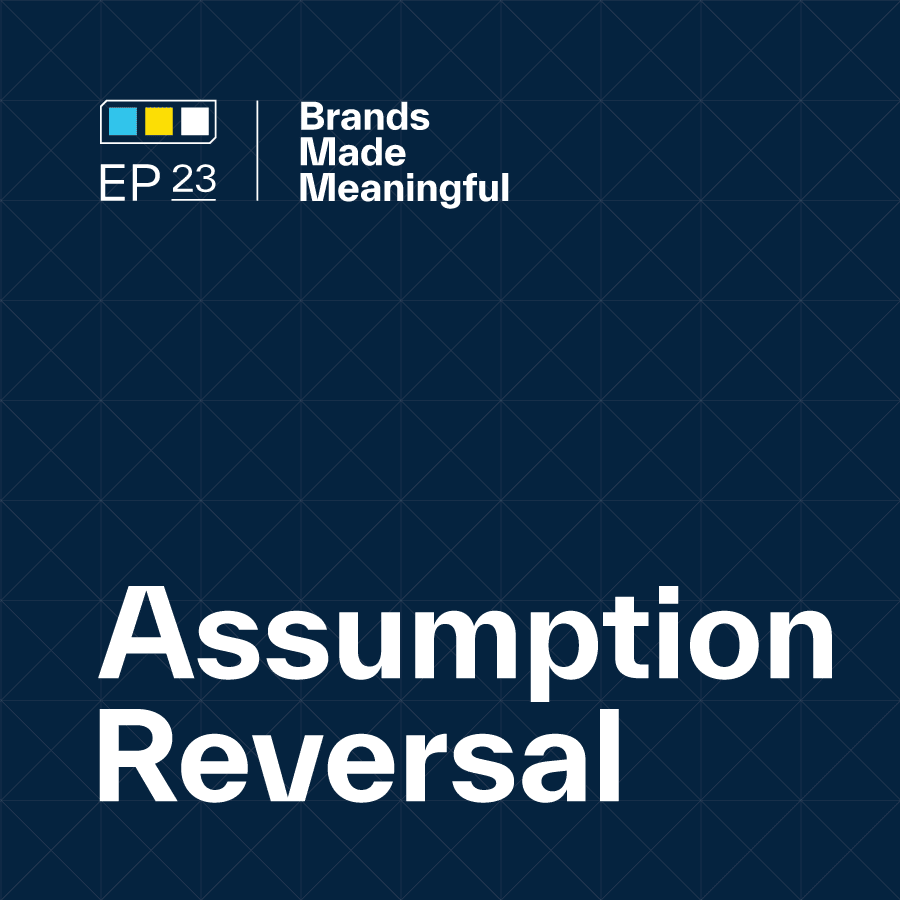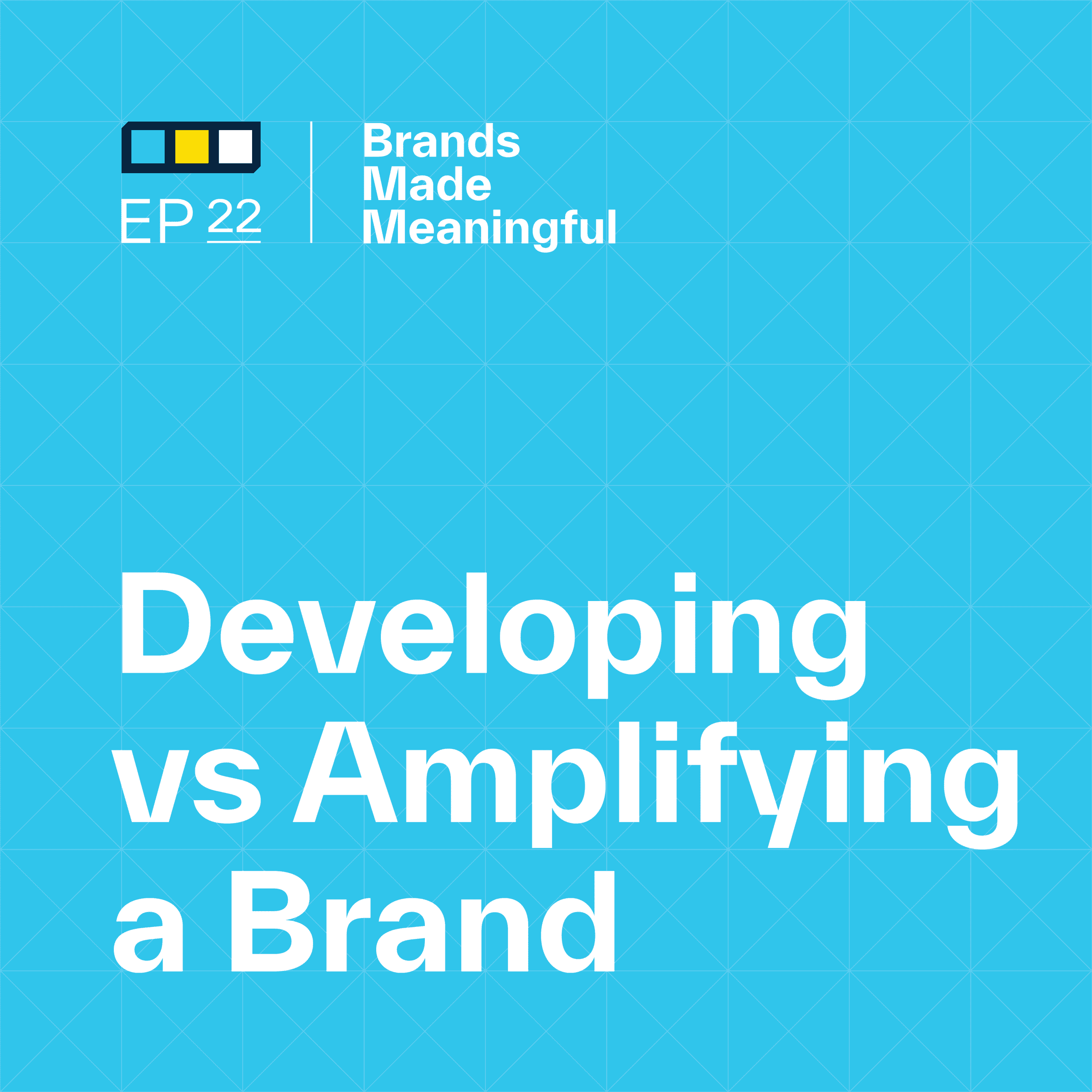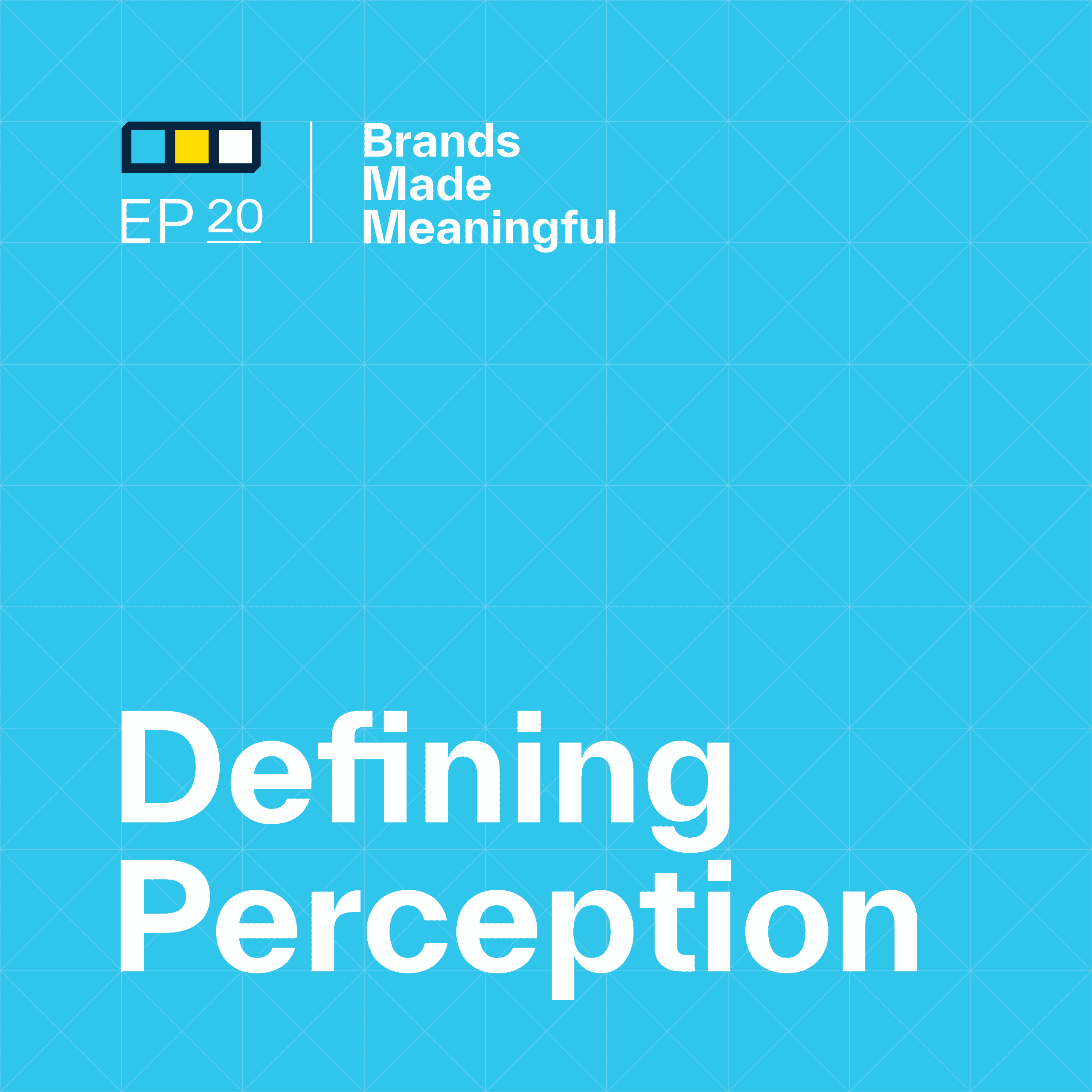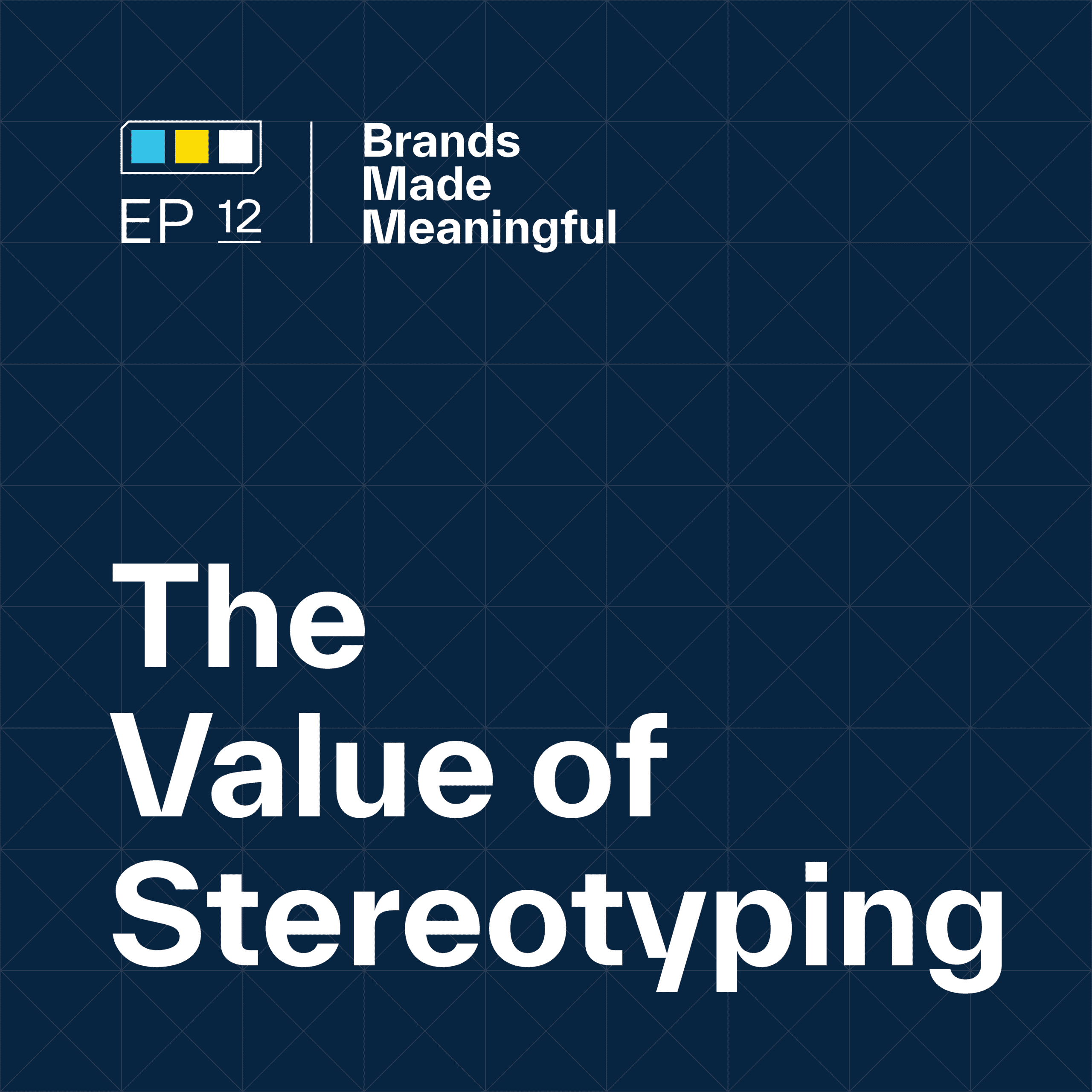EPISODE 62
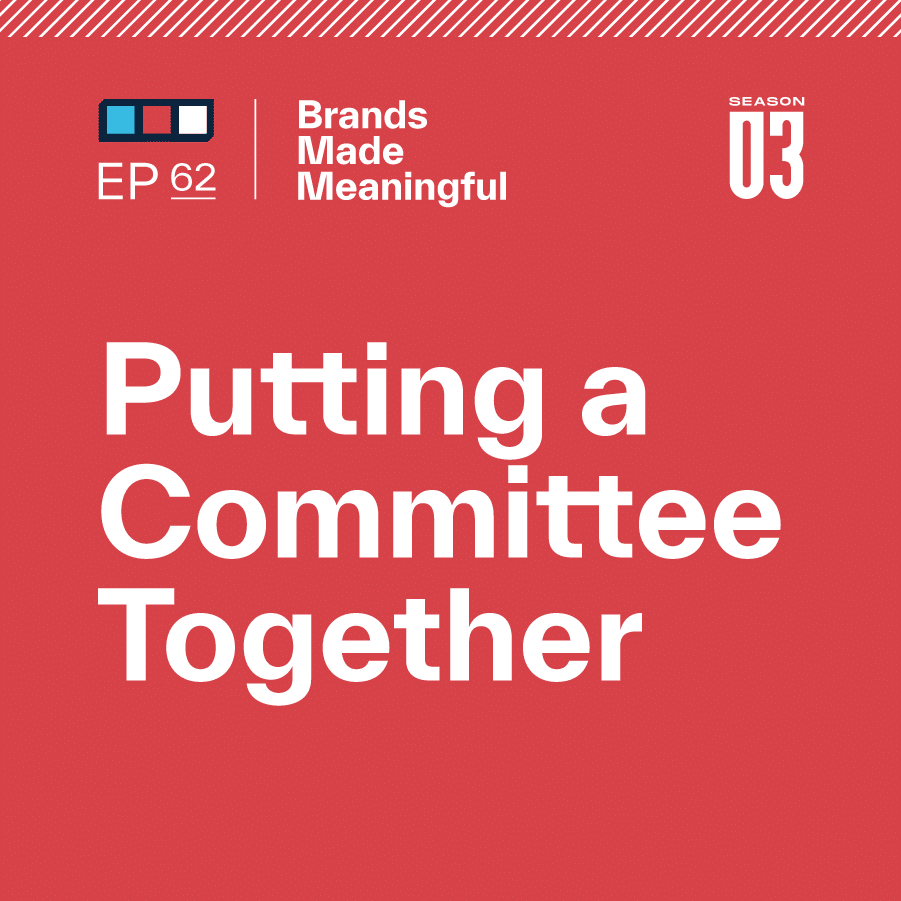
Putting a Committee Together
Episode 62
Derek and Tucker assemble your need-to-know facts when putting together your committee.
EPISODE TRANSCRIPTION
The committees are really important for a lot of reasons
Tucker There are a lot of good checks and balances. You get member feedback. You get the experience from people who are in the membership, not only their experience within the membership itself, but you also get experience from their day-to-day life.
Expand Full Transcript
Derek Welcome to Brands Made Meaningful conversations with the team at Sussner about how purposeful branding inspires unity, identity, and powerful change for growth-minded organizations. Welcome back to Brands Made Meaningful. Tucker, you and I, along with some other members of our team, just gave a presentation to the board of a club that we’re working with and shared with them basically the strategic recommendations that we’ve landed on kind of following our discovery process and our strategic foundation. And in getting to that board presentation, which went really well.
Tucker Swimmingly.
Derek Swimmingly well because of the work that we did with the committee in charge of their branding initiative.
Tucker The committees are really important for a lot of reasons. There are a lot of good checks and balances. You get member feedback. You get the experience from people who are in the membership, not only their experience within the membership itself, but you also get experience from their day-to-day life. Maybe they’ve gone through some kind of project like this before, so it’s great on that end. Committees can also be really hard. If not built well or not built in the right manner or maybe mindset, they can create a lot of unnecessary politicking.
Derek They can make the process more challenging instead of easier.
Tucker When we go through this process which we’ve done enough now to know what the difference is between a good committee, a successful committee, and a committee from a brand perspective that’s going to help a branding initiative for a club go through confidently versus a committee that’s going to take longer, maybe require more budget, things are less efficient, less productive, and overall just not as helpful as maybe otherwise.
Derek In our experience of working with sports companies or sports organizations, the people that we work with most closely usually fall under a marketing title. So we might be working with a brand director, the vice president of marketing, an in-house brand manager, or a creative director. Sometimes we’re working with the CEO if the CEO is in charge of that sort of sales and marketing side of their business. For those people, that’s their job. Their career, their expertise, their background of what they do come from this whole branding, marketing, creative, and advertising side of the business. So we learned when we started working with clubs that working with clubs is different. It’s a nuance. Most clubs don’t, and it’s not to say all of them, because I know that some of the very contemporary, visionary types of clubs do have an entire in-house team. But for the most part, they don’t. There’s some leadership inside the club like a general manager. You’ve got some people that may execute on that, like a membership director or marketing communications person, but usually that’s it. And so when it comes to a brand initiative, what most clubs default to is putting together a committee of mostly volunteer members to help like a Greens Committee and an Events Committee. They put together, let’s call it a marketing committee or a branding committee, to help be the liaison to work with our team and ultimately to help usher this through internally. So it’s a different landscape.
Tucker And so what we’re going to talk about today is what people are really effective on that committee. If you’re listening to this and you know you need to build this committee because you’re going to go after this, what type of people do you need on that? What makes a good committee versus an unproductive committee? And what should we be watching out for as we keep going through this? We’re looking at this through the lens of what’s most helpful for our team, but also what’s the most helpful to get the best product in front of the board and in front of the rest of the membership in the most efficient time in the most effective communication styles. Some of those things come up. So that’s what I want to talk about.
Derek Fair enough. Let’s do it. So from our perspective, what makes a good committee? What makes a good committee member? How many people? Let’s start with this. How many people should, in an ideal world be on that committee?
Tucker Of the best brand committees that we’ve worked with, the most successful ones are around 4 or 5 people. The majority of them are members. Almost always the GM is on those committees. And I think the GM is really important because they want to take this brand and run with it. Not only from the marketing side, but they’re going to take this brand and socialize it into the membership. Remember, brand is more than just your logo. It’s more than the way you look. It’s the story you’re telling and the experience you’re creating. So then that means that the GM has to understand why it’s built that way, what it’s all about, and how to make sure that happens. If the GM’s not a part of it, you can really run into challenges down the road with people not thinking about all the tactical applications across the club. I’m thinking of things like food and beverages involved then because you can get the GM to start thinking about how this is going to roll out. Just things like that. You just get a more comprehensive mindset because they’re managing the whole club.
Derek It’s interesting. I think the actual term is governance, but in some clubs, the GM is the CEO of the business. They run it like you would run a company or a corporation or an organization. And the committee is an advisory council that provides assistance to the GM. In other clubs, that committee is the decision-makers, and they are the leaders that are deciding. Then they hire a GM to help execute their vision. So there are two different ways. I’m sure there are some other nuances, but there are two different ways of this.
Tucker From our perspective.
Derek Regardless, having the GM at the table as the person who represents the leadership of the operational side of the organization is really, really important.
Tucker So if we have 4 or 5 people on this committee and one of them is the GM, the way we fill out the rest of the committee depends on the GM’s background and the GM’s perspective on the club. Are they executional or are they more visionary? Are they from a food and beverage background? Are they from a financial background? Maybe they come from a membership communications background. Depending on their background and the way that they manage that club, I would say that determines the rest of the committee. So let’s say, for example, you have a GM who comes from a financial background. Maybe they come from the accounting side or whatever. And we would say that’s great because you have that taken care of. But now we need marketing mindsets for this committee. So I’d pull a couple of people with experience in marketing, whether that’s digital, whether that’s traditional, whether that’s advertising doesn’t matter. What matters is that they understand that this is about communicating in a certain way to a certain group of people, and they understand the strategy behind that. Because what we get into when we rebrand or refresh a club’s brand, is it comes down to a marketing science in the back end. And so we talk about things like color theory and data that we’re leveraging and the positioning of the club. There are a lot of technical things in it. What we like to do is have someone who understands what we’re talking about so that they don’t feel like they’re getting lost in our process. Not to say that it’s crazy hard, and we’ve worked with committees that have no experience in that and we have to walk them through everything, which is fine too. It just takes more time.
Derek It takes more educating on our part about what the steps are, why they’re important, and what each step’s key deliverable is that helps inform the next step to make this whole thing initiative successful. Anybody who has a marketing background, brand background, or even somebody who’s worked for retail or in retail, tends to talk the language and understand what we’re doing and why we’re doing it. And so, like I said, it’s a little less education than for others.
Tucker One background that is really needed on that committee is you need to have someone with a marketing background or at least a marketing perspective. They’re thinking about it. Maybe that’s the membership director, maybe that’s someone else, maybe that’s the marketing director. Some clubs have that. That might be a really key component of this. They’re thinking about how we can market this club better. You need one person who has a financial type background, somebody who’s thinking in terms of all of these ideas that need to be financially executed in some place, time, form, or whatever. I know that some marketing people don’t want to talk about financials, but that is really helpful. To have someone with the background going, feasibly we can’t execute this brand strategy because we don’t have the money to do it, is incredibly valuable. I think having someone from a design background is not as helpful as you might think it is. It’s not unhelpful. But we’ve had committees with artists on them, and we’ve had committees with graphic designers on them, and they’re not as helpful as you might think they are.
Derek The challenge with somebody who is experienced in that is then navigating, that’s not how we did it at our firm, or that’s not the approach or the process that we would have followed. And it’s not the distraction in the results, the deliverables, and the insights that we’re coming up with. It’s just having to navigate, this is how we do it. We have a process. And we need to follow our process to ensure success. I get that that’s not how you did it, but be patient. Trust us. We’ve shown you the results for other clubs.
Tucker For me, it’s not even as much about that’s not how we did it. It’s that’s not how I would have designed it. That’s okay. But is it right? Does it still fit? The beauty of what we do is there is no one-size-fits-all answer. There is no one true answer for any project. There are a thousand different ways we could do this that are all correct in their own situation. So it’s hard to have artists involved just because they come from a perspective of right and wrong.
Derek We have actually a fairly long list of criteria for these people. This is interesting. This sounds like common sense, but the people that you ask or that you put on that committee should want to be on that committee. We’ve had members on the committees that I think were asked or persuaded because they really, truly either didn’t want to participate or didn’t have the time or the interest.
Tucker Or they have a background that’s perfect for this kind of committee, but they don’t have any desire to be on it. Do not have them be on the committee. That is not a waste of their time, but it’s not productive for everyone else in there. They might miss meetings, they might pass off, they might go, yeah, this is fine. Whatever. You’re not going to get what you think you’re going to get out of them, and that’s okay. It’s not to bash those people as they have busy lives. They have other stuff going on. They have other priorities, and that’s fine. I would get back to what we’re looking for are passionate people.
Derek Visionary.
Tucker Having somebody who’s been with the club for less time would be beneficial to understand the new member’s mindset. Having someone who’s been there for a very long time to kind of mirror that is great as well. And then having somebody who wants to be an advocate and/or an evangelist of this brand and this process. What happens with a lot of clubs is that if you don’t have someone like that in a committee that was a part of all of the process, then they’re not going to be talking to members about it and they’re not going to be saying, here’s what we did and here’s how this works and this is why we did these things. Having that type of person is almost the gold standard. If you can get someone who’s proud of doing this work and also wants to socialize the work, to talk about it, to have members understand it, then that’s what you want on the committee because then they’re going to be passionate about understanding the nuances of it and being very invested in the process.
Derek People who have the ability to socialize it, people who have the speaking or human connection, and people who can have conversations in a thoughtful, engaging way. When you have a membership and 75% agree on something, which is fantastic, statistically that means 25% might not agree, might disagree, might disagree vehemently. We need to make sure that the people on your committee have the strength and the self-confidence to be able to proceed and make decisions knowing that you’re never going to get 100% buy-in but you’re going to get the majority and then be able to have the charisma to be able to talk not only with the people that advocate for this but also to be able to have conversations with a couple people that are going to ask you what you’re doing, why you’re doing it, why are we spending this money?
Tucker There’s no such thing as a perfect committee. We’re going through all of these things and it’s like, how do you hit all those? The goal is to get as many as you can. Then another thing I would say that’s beneficial is having at least one person from the board be a part of the committee. So what’s going to happen is, if you have the GM, one person from the board, and two people that have good backgrounds that are helpful to the process like we’ve been talking about, you’re going to be ready for conversations not only with the board to get things ready in that perspective, but you’re also going to have the ability to go to the membership at large and say, we had all of the voices that we deemed to be really important that helped us get where we’re going here. It’s a good cross-section. What I don’t want is a committee full of four friends who are just trying to get something done because they think this is super cool and they want to get it. That is not the way to make this a successful project, even though it makes the meetings really fun. And that’s great. It makes the process harder because what’s going to happen is you’re going to go to the board and they’re going to go, well, you totally missed this part because you guys aren’t thinking about it like this. And what we try to do when we do any of our research is get a good, healthy cross-section of a membership and get all the perspectives that we can. And when we work with a committee that isn’t necessarily diverse in their backgrounds and their perspectives of the club, then you don’t have honest feedback from all those perspectives. Rather you just get one solid everyone agrees about everything. If there’s all agreement, maybe this is a nice time to switch to what the red flags are. How do you know if you don’t have a good brand committee? One of those red flags would be everyone agrees about everything. And you know me. I hate agreeing about anything. So what really bothers me is when you don’t get any feedback and everything is just fine all the time. Because I know what we do is really hard. So if it’s perfect, that’s very rare when we’re perfect on the very first try.
Derek We work through critique and feedback. We say this all the time. Our job isn’t to tell you as a club and as a community and as a membership who you are and what your culture is. Our job is to understand it and then put that into positioning and language and visuals that help you. And so without that feedback, without maybe being challenged on something that somebody doesn’t understand – not that we don’t knock it out of the park right out of the gates from time to time – but the more input and feedback that we get along the way, it helps us be smarter and to to be more successful in the end.
Tucker There are some people when they go through committee stuff who say, I’m so sorry, but I don’t agree with this. Don’t be sorry. That’s the best part. This is why you’re on the committee. Because I want to hear your perspective. I want to hear why this is not correct. The goal isn’t necessarily to wow the committee from our perspective. Our goal is to leverage the committee to make the work great. If we do that properly, the committee will feel like we’re on a team with them rather than the committee feeling like we are just presenting to them and the answers that we’re giving them are final. That is absolutely not how this works from our side.
Derek And you talked about like having at least one of the committee members be a board member. And one of the reasons that that’s been important. If that board member has a really clear understanding of what the club’s vision is, who the target market is for the club, and where that club is working towards, then we’re working in an aspirational, future, forward-thinking manner that should help set this club up for a long time. And what we’re not doing is looking backward or looking only at the present state and designing or writing or crafting something for that. If you are a country club and you represent families and you’ve got a younger demographic coming in of, say, 40 and 50-year-olds that have kids, and those families want all kinds of amenities in addition to golf, but your committee is made up of four golf buddies, you’re going to end up with a brand that looks like a golf club and not a country club.
Tucker A lifestyle club.
Derek You’re going to look like a club that’s for golfers only. And in this particular example, your club is about more than golf.
Tucker Or it’s going to be about more than golf. Like I said, what we do is really hard. It’s also hard for committees to keep their eyes on the future rather than on the burdens of the past. There’s this level of, well, five years ago that wasn’t true. We’ve worked with committees that have a hard time admitting that the club evolves and that can be a really big challenge. Branding is aspirational. This is not the equivalent of us standing on the bridge over here and painting the landscape we see in front of us. This is, where are we going? How are we getting there? What is the perception of that? What is the story we need to be telling to get us to that place? That is what the goal of this project is.
Derek And when you do that right, and when you have a committee that is on board that’s united, that brings different perspectives, it makes the introduction of the final work way more successful. There’s a whole aspect of modernizing a club’s brand and elevating a club’s brand that comes with change management. I think we might have actually done a whole podcast episode on what change management is and what that means, but change is hard.
Tucker Change is so hard. I think that when we go through a process and when we talk to a board – and we’ll do a podcast about when we work with boards – all of these things still ring true. To say change is going to be super hard in the next six months for this club is going to be a little tricky to actually socialize and adapt to this change. There’s never been a project that we’ve not heard perfect feedback from, from a membership. There’s never been a project where 100% of the club loves it. There’s been a whole lot of projects where 75% and higher of the club loves it, which I would consider an outstanding record. But there is no reality of this. And when you say backbone for this committee, and I don’t want to go too sideways on this conversation, a perfect example is we want someone on the committee who can hear negative feedback about a branding initiative before they even see it. As in, why are we doing this? Why are we spending money doing this? I don’t think this is a good use of our time. I don’t think this is a good use of our resources. And then be able to stand there and take it and then deliver to them, here’s why we’re doing this and this is what we’re hoping to achieve. And you are going to see a lot more of that. I think you’re going to be really excited about it. And if we have people like that on the committee, we’ll be golden. We’ll get there. It’s just a matter of how we get there now instead of who we get there with.
Derek It’s a talk track that we describe as empathy and authority. It’s being able to listen to somebody, hear them out, reason with them a little bit, and then be firm in explaining why, where we’re going, why this makes sense, and maybe that you just need to trust us.
Tucker Using your empathy and authority – I understand you have problems. And then if you’re working with us, you get to say, luckily, we’ve hired some damn good brand designers to come build this in. And they’ve done it a bunch and they’ve had a ton of success.
Derek That’s why we’re not doing this ourselves with somebody who works in-house at our club. That’s why we’re going to the experts who can bring a fresh perspective, a third point of view, and a couple of decades of experience helping organizations through exactly this.
Tucker So, to wrap up here quickly, committees are super important. I think that there’s a bunch of people in our line of work that would say, God, if we could just get around the committee, then we’d be fine. I think about it a little bit differently. I think the committees are a good sounding board. They’re a really good test, and if you use them properly, they can help you succeed in doing this. They give you a lot of good feedback. You just have to be able to navigate it. But the other side is you have to be able to build that committee with people who want to be a sounding board and are good at being a sounding board rather than dictating here’s how we need to do this.
Derek There’s different terminology within the data surveying that we’ve done in studying clubs and audiences, but you’ve got advocates and detractors. You’ve got people who are currently out there who love your club, who are shouting it off the rooftops, who are telling anybody and everybody about who you are, why you’re unique, and how great you are. And you’ve got people that are maybe just pessimistic by nature, or there’s something that’s going on in the club that they’re irritated by. Lean into the advocates, lean into the people who are really passionate about who your club is for as much as it’s not about who your club is not for. Brand is about creating that reputation in that place, in that experience, that supports and nurtures and is for the type of people that you want there and the type of people that you want to come and join here.
Tucker The last thing as we depart here is when to give a firm like ours a call is a good question that I’ve heard a couple of times. Most of them assemble their committee and then go, all right, we’re going to leverage this committee to vet out the people we need to work with, which is an absolutely valid way to do it. As you’re doing that, think about vetting your committee before you vet it. Have them vet your firm. Most of the time the quality of your committee probably represents the quality of the person you hire to get it done. So just keep those things in mind as you go. The decisions you make on the front end aren’t just about having this person in there because you golf with them every Saturday morning and they’re just going to complain all the time. It’s saying who is going to help us do great work here and make sure that they’re a part of this so that they can help find the right firm. Hopefully, it is us.
Derek Most of the time the committee’s already been put together by the time we get contacted. But, on occasion, we’ve had the opportunity to talk with a member or a GM who’s starting to think about brand or process or a renovation that’s coming up to the course or to the clubhouse or to another amenity. And they’re calling us way on the front like a year or two before the process might kick off. And then when that happens, which I wish would happen more often than it does, they’ll usually ask us, hey, I’m going to start putting a committee together. Who are the type of people who will help me, who’s leading this committee, be the most successful as possible? And then we can have the same conversation that we just had to to help them.
Tucker Or we can send them this conversation.
Derek Now we can just say, hey, go check out podcast episode 62.
Tucker All right.
Derek It was a good one. Thanks. Talk to you soon. Sussner is a branding firm specializing in helping companies make a meaningful mark, guiding marketing leaders who are working to make their brand communicate better, stand out, and engage audiences to grow their business. For more on Sussner, visit sussner.com.
More Episodes Like This
Reclaiming Reputation Through Brand RevitalizationEpisode 85
Derek and Tucker discuss the potential that a branding initiative can have to restore a club’s reputation.
Branding The Club with Don KovacovichEpisode 84
Don Kovacovich, GM of The Club at Golden Valley, joins Derek & Tucker to discuss the impact that rebranding has had on his club and the opportunity it presents for other clubs
Changing a Club’s Membership ModelEpisode 83
Derek and Tucker discuss key considerations and challenges when changing your club’s membership model.
Connecting a Club with its Story with Jackie CarpenterEpisode 82
Derek and Tucker are joined today by Jackie Carpenter, author of People First.
Branding a Club AnniversaryEpisode 81
Derek and Tucker discuss the unique opportunity presented by milestone and anniversary dates for private clubs.
Private Club Storytelling with Ricky L. Potts, Jr., CCMEpisode 80
Derek and Tucker have the pleasure to speak with Ricky L. Potts Jr. about how powerful storytelling can be for your club members.
Opportunity in Club Facility RenovationEpisode 79
Derek and Tucker discuss pivotal key moments in your legacy and how to transform your story through renovation.
The Evolution of Club Members with Jon LastEpisode 78
Derek and Tucker are joined by Jon Last from Sports & Leisure Research Group to discuss the evolution of club members.
Member Branding vs. Product BrandingEpisode 77
Derek and Tucker discuss the challenges their client's have moved through when approaching differing styles of branding.
The Role of a Private Club's LogoEpisode 76
Derek and Tucker take a look back on private club logos they've designed over the years and explain the strategic reasons behind their choices.
Club Brand GovernanceEpisode 75
Derek and Tucker divulge the steps to evolving your brand while retaining your core values.
Seasonal Member MerchandiseEpisode 74
Derek and Tucker take a look at crafting specific merch to celebrate landmarks and special times of the year.
Who is Sussner?Episode 73
Derek and Tucker take a break from talking shop to talk about who they are and what they stand for.
Club Identities Beyond AmenitiesEpisode 72
Derek and Tucker discuss what it takes to stand out in unique ways for your club.
Little Things Mean EverythingEpisode 71
Derek and Tucker take a look at the often missed and easy to overlook.
Build Flexible Brand SystemsEpisode 70
Derek and Tucker break down the building blocks for long lasting branding.
The Club at Golden ValleyEpisode 69
Derek and Tucker take a close look at one of their recent rebrands.
When to Launch a Club RebrandEpisode 68
Derek and Tucker break down how to find the perfect timing when launching a club rebrand.
Steps to Launching a Club RebrandEpisode 67
Derek and Tucker break down the steps to take and the reasons why you should consider a club rebranding.
Brand Marketing vs. Brand DesignEpisode 66
Derek and Tucker define the line between marketing and design and how they intersect to inform one another.
Building Brand GuidelinesEpisode 65
Derek and Tucker show us how to build infrastructure guidelines to unify your brand experience across the board.
Club Identity SystemsEpisode 64
Derek and Tucker cover what Identity Systems entail and how to discern between internal and external methodologies.
Navigating Branding With a BoardEpisode 63
Derek and Tucker bring clarity to uniting your company under one cohesive vision.
Putting a Committee TogetherEpisode 62
Derek and Tucker assemble your need-to-know facts when putting together your committee.
The Guiding Principles of Private ClubsEpisode 61
Derek and Tucker go over the top ways private clubs can find the balance between pleasing old members while attracting new ones, all while making moves towards the future.
How Color Affects PerceptionEpisode 60
Derek and Tucker cover how to best convey your business with color.
Brand EcosystemsEpisode 59
Derek and Tucker break down how to craft effortless experiences when considering your brand as a whole.
6 Types of Brand TransformationEpisode 58
Derek and Tucker dive into 6 distinct types of transformations for a wide range of brands.
Tournament Branding For ClubsEpisode 57
Derek and Tucker discuss designing and delighting your club members with tailored events.
Brand Promoters & DetractorsEpisode 56
Derek and Tucker discuss how high level promoters increase your NPS and how to turn the tides on your detractors.
The Loudest Voices in the RoomEpisode 55
Derek and Tucker talk about gathering feedback while prioritizing every voice.
Determining A Primary AudienceEpisode 54
Derek and Tucker discuss if and when you should be honing in on your audience vs. casting as wide a net as possible.
Branding For ExclusivityEpisode 53
Derek and Tucker discuss the intricate process of naming your brand.
Measuring Brand SuccessEpisode 52
Derek and Tucker discuss how we measure our success in branding and a few key KPIs that help us understand our impact.
Branding For ExclusivityEpisode 51
Derek and Tucker breakdown how brands can create the perception that they are exclusive and only for a certain type of consumer.
What Makes A Brand SurprisingEpisode 50
Derek and Tucker break down the Sussner formula that we believe leads to a surprising brand.
Breathe Life Into Brand TraditionEpisode 49
Derek and Tucker discuss the intricacies and common pitfalls of branding for Private Golf Clubs.
They Key of Visual DifferentiationEpisode 48
Derek and Tucker break down the importance of differentiating your brand on a visual level.
Branding For Private GolfEpisode 47
Derek and Tucker discuss the intricacies and common pitfalls of branding for Private Golf Clubs.
Dealing With An Identity CrisisEpisode 46
Derek and Tucker breakdown how to identify and remedy a brand's identity crisis throughout thoughtful and intentional brand management.
Branding vs MarketingEpisode 45
Derek and Tucker discuss the differences between Branding and Marketing and how to make the two compliment each other.
Build Your Brand's FoundationEpisode 44
A brand's foundation is a critical element in being successful in the long-term.
Building a Constructive Branding ProcessEpisode 43
Derek and Tucker break down the steps required to build the most constructive and meaningful branding process.
What Makes a Brand Relevant?Episode 42
Relevance is a key piece of a brand's identity for creating clarity and connection.
Your Right to WinEpisode 41
Derek and Tucker discuss the “Right to Win” and the odds of your brand's success within your target market.
An Intro to Sub BrandingEpisode 40
Derek and Tucker discuss the nuances of developing sub-branding and strategies.
Conquer Branding FearsEpisode 39
Derek and Tucker dive into how to overcome the fear of change and the nature of constant refinement of your brand.
Balancing Strategy & DesignEpisode 38
Great strategy is a necessary foundation for great design—and great design brings great strategy to life.
Branding PrioritiesEpisode 37
Branding priorities are the actions and initiatives that shape or enhance a brand's identity, perception, and market position.
Invest in Your BrandEpisode 36
Investing in your brand benefits your company as a competitor in the marketplace, builds trust with customers, increases perception of quality, and drives employee engagement.
Why is Positioning Scary?Episode 35
Narrowing the brand's position is really a strategic decision to focus the brand's offerings, messaging and target audience on a specific niche or segment within the market.
What Are Brand Consultants?Episode 34
Derek and Tucker discuss the importance of hiring expertise with a wider breadth of knowledge than just visuals.
Hire for Brand FitEpisode 33
Hiring people that fit your brand is key in order to maintain brand authenticity, positive culture, and consistent messaging.
Your Brand’s Stance MattersEpisode 32
Your stance can help define your brand from a core level and make branding, hiring, and marketing not only easier, but more meaningful.
Levels of Executing a Brand RefreshEpisode 31
If you have a brand strategy in place, how do you execute it?
The Role of Features & BenefitsEpisode 30
Derek and Tucker discuss the importance of features and benefits within the context of branding, selling, and marketing your products and services.
Should You Listen To or Lead Your Customers?Episode 29
Within the challenge of any rebrand is the challenge of managing customers' perception of change.
Managing a Brand TransformationEpisode 28
Episode 28 discusses the highlights and challenges of rolling out a new brand, both internally and externally.
Living Your BrandEpisode 27
Your brand is not this shiny trophy on the shelf. It is something that you are molding every single day.
What Makes a Brand Authentic?Episode 26
Season 2 starts off with a discussion about building authentic brand experiences, both internally and externally.
Reviewing your Competition's CreativeEpisode 25
Derek and Tucker discuss the process of reviewing your competitors' creative strategy to better position your brand within the market.
Interviewing your Audience for InsightsEpisode 24
This episode details the process and benefits of interviewing your audience as part of the branding process.
Assumption ReversalEpisode 23
Derek and Tucker discuss how we change our thoughts and get into a different mindset to refine and revise our branding.
Developing vs. Amplifying a BrandEpisode 22
Another way to say it is, development is building and crafting your brand story, and amplification is then telling it.
Refreshing a Sporting Goods BrandEpisode 21
This episode shares the steps behind Sussner’s work in refining the Shock Doctor brand.
Defining PerceptionEpisode 20
Derek and Tucker discuss the positive and negative impacts of brand perception.
What is a Brand?Episode 19
Derek and Tucker discuss what defines a brand and what makes them successful.
Branding Golf Courses vs Golf ClubsEpisode 18
Derek and Tucker further hone in on golf course design.
Refreshing a Golf CourseEpisode 17
Derek and Tucker discuss the bar for golf course design – and how to push past it.
Let’s Talk Taglines Episode 16
Derek and Tucker talk taglines in today's episode.
Refreshing an Athletic DepartmentEpisode 15
Derek and Tucker sit down today to discuss what logos mean within branding.
Branding a Club Episode 14
Derek and Tucker discuss how to brainstorm branding a club.
An Intro to Internal Branding Episode 13
Derek and Tucker discuss the power behind internal branding.
The Value of Stereotyping Episode 12
Derek and Tucker sit down today to discuss the meaning of stereotyping within the branding world.
We’re on a Mission Episode 11
This episode digs into the rallying cry for the greatness your team is going to accomplish.
Aren’t Brands Just Logos? Episode 10
Derek and Tucker sit down today to discuss what logos mean within branding.
The Business You Are Really In Episode 09
Derek and Tucker sit down today to discuss how to discover what business you are really in to better understand your mission statement.
Clarity of Vision Episode 08
Derek and Tucker discuss the importance of looking ahead towards the big picture to better hone the purpose behind what we do in the now.
Branding B-2-B Environments Episode 07
Derek and Tucker discuss the Branding of Spaces.
It’s All in the Name Episode 06
Derek and Tucker discuss what a name can say - and not - about your company.
Delving Into Branding Data Episode 05
Derek and Tucker jump into the discovery phase of branding before it hits the drawing board.
Content Made Meaningful Episode 04
Today Derek and Tucker discuss the concepts within content and its common misconceptions such as the phrase "Content is King."
Brand Story vs. Brand Messaging Episode 03
Your story matters.
Visuals That Take The Cake Episode 02
Derek and Tucker sit down to discuss visual impact and what that could mean for your brand.
Are You Different or Distinct? Episode 01
It's not about being the only option, it's about being the right option. Join Derek and Tucker as they discuss Differentiation & Distinction.



